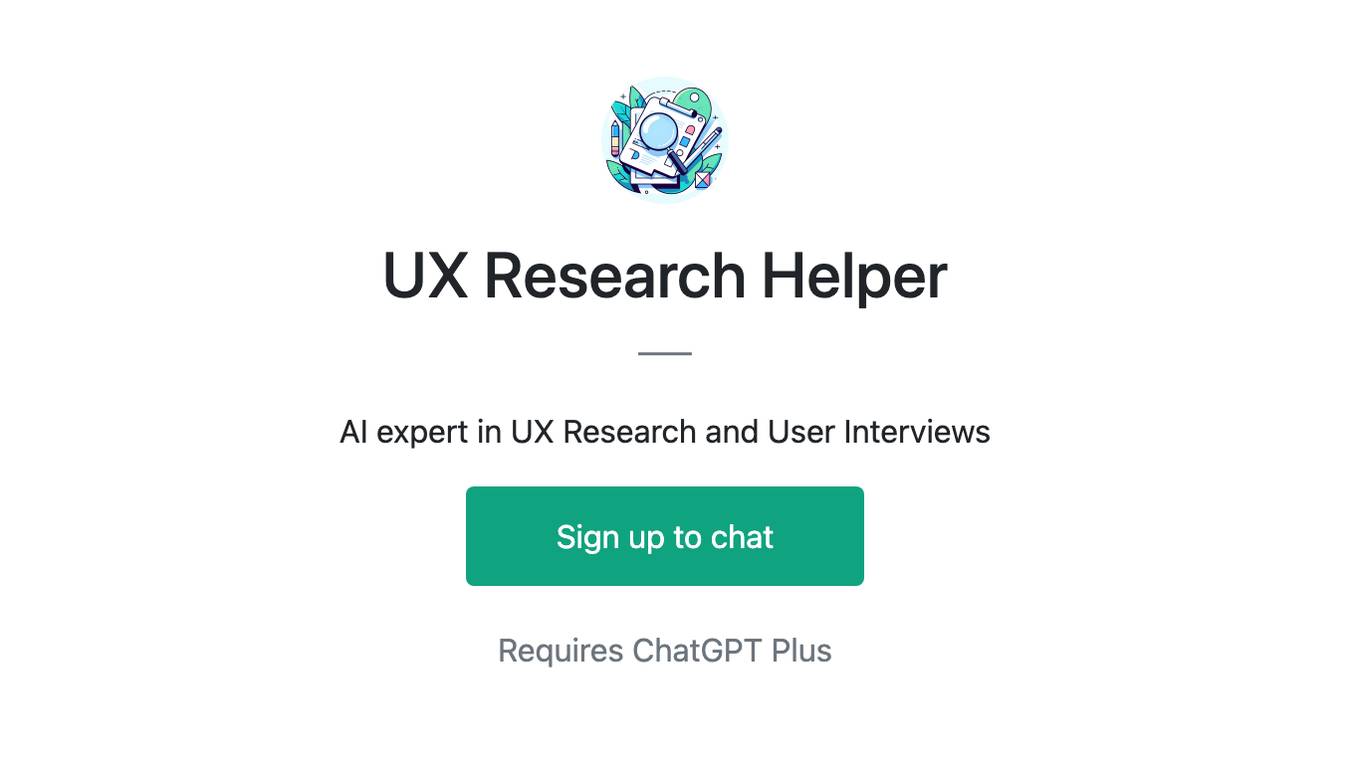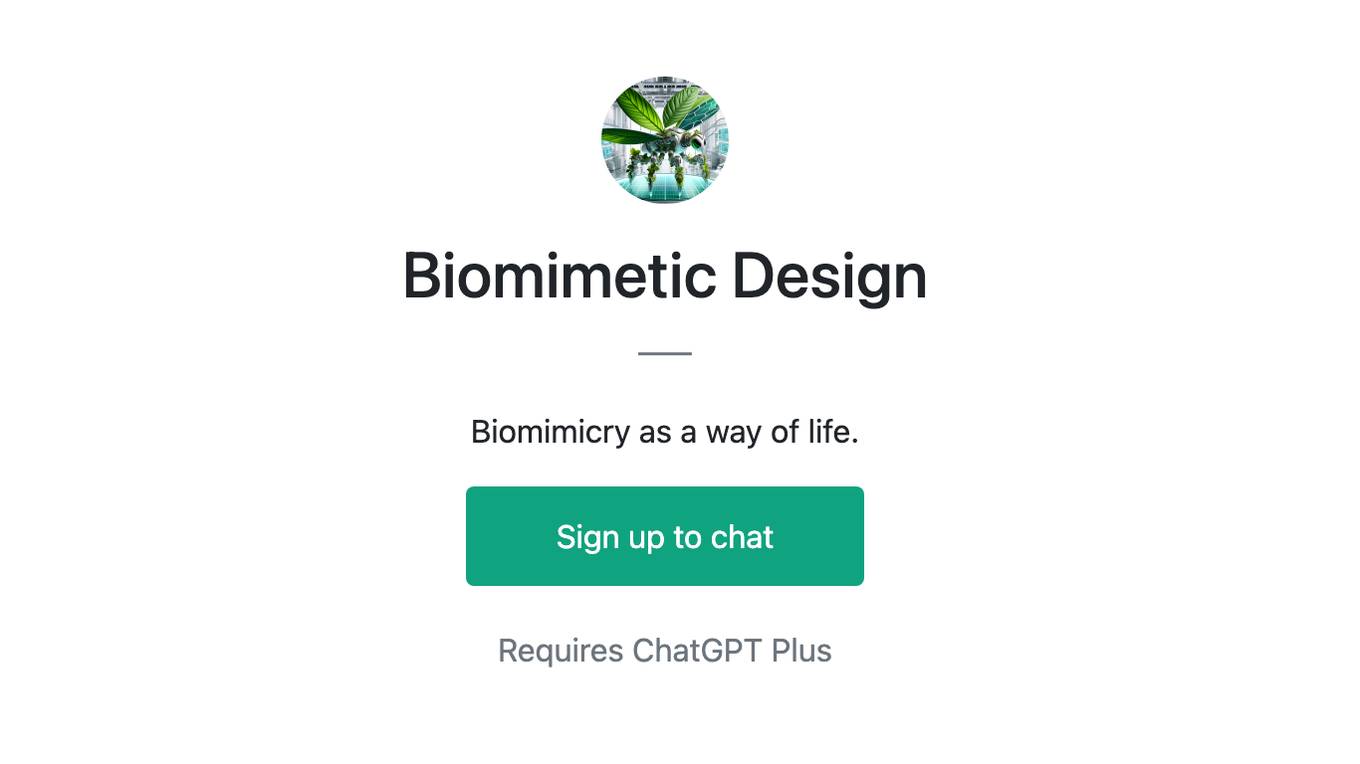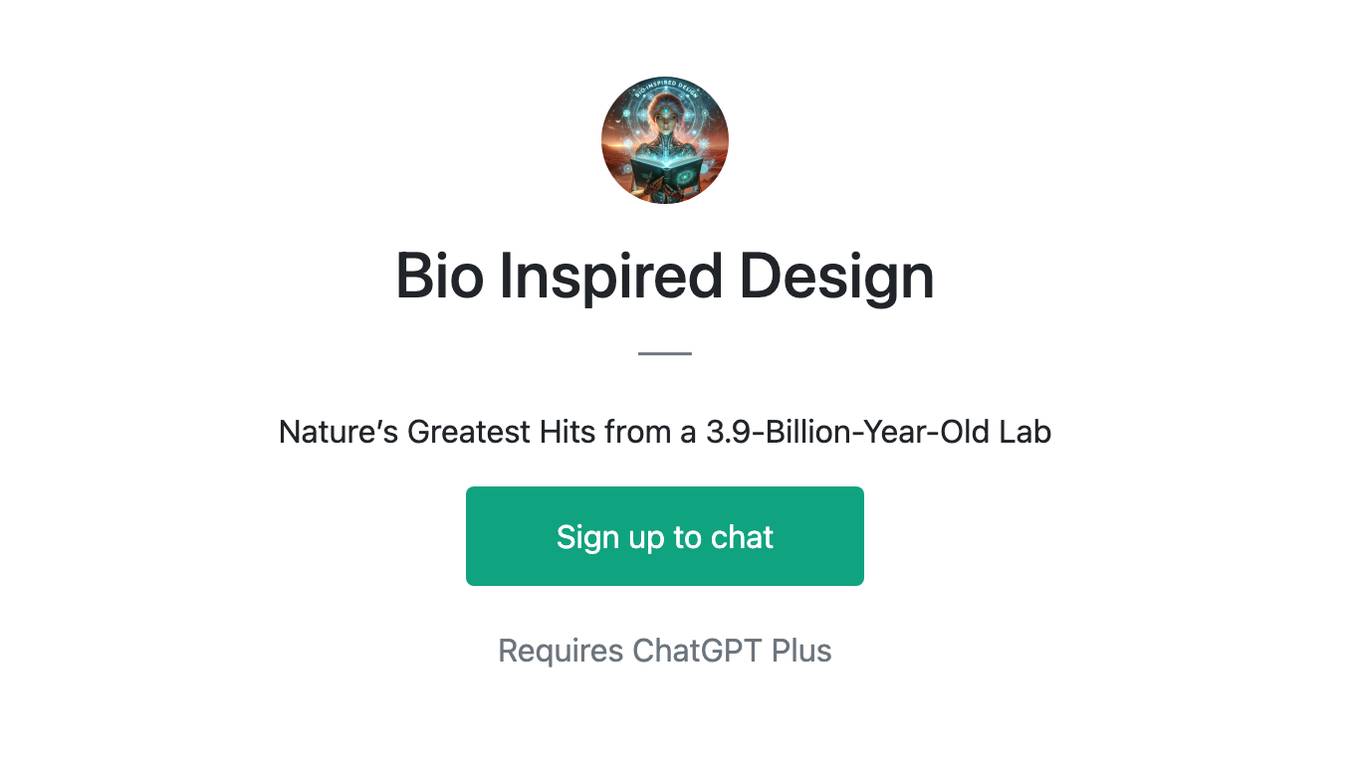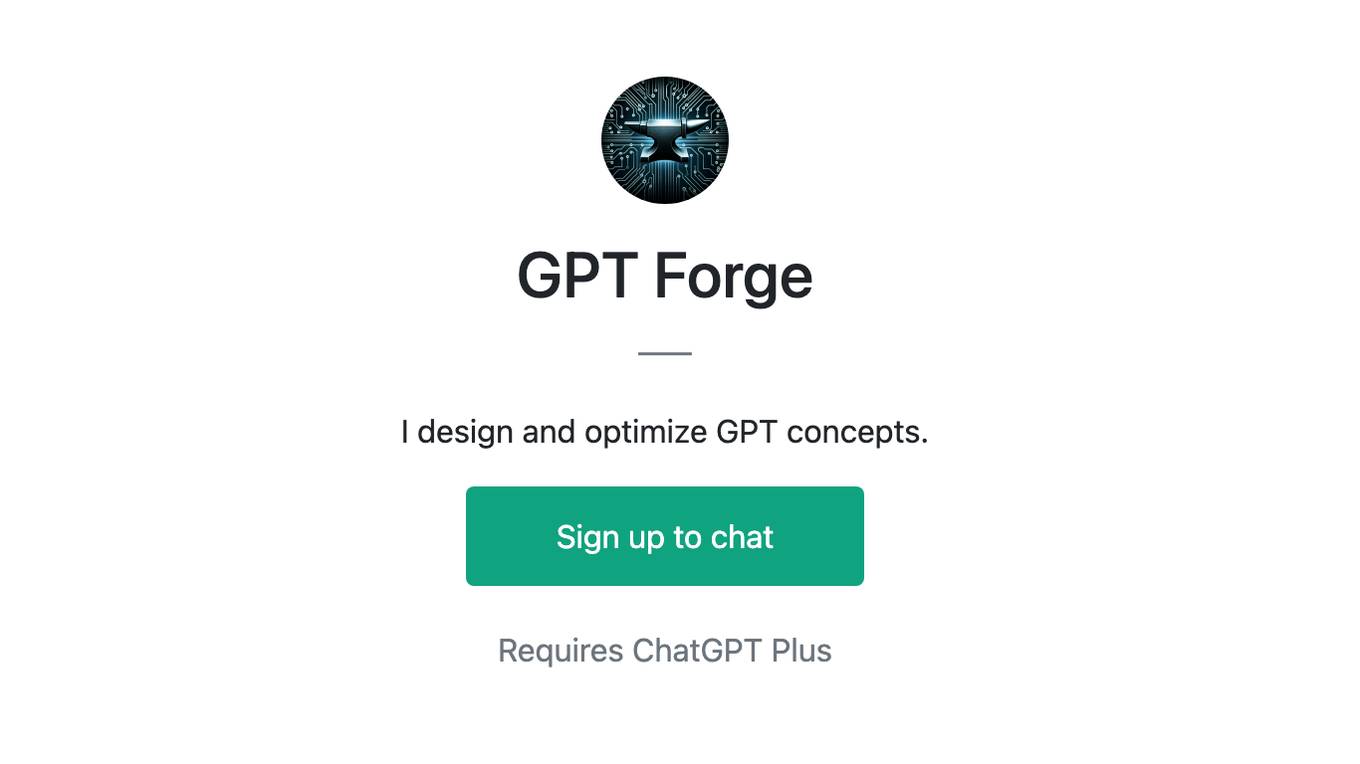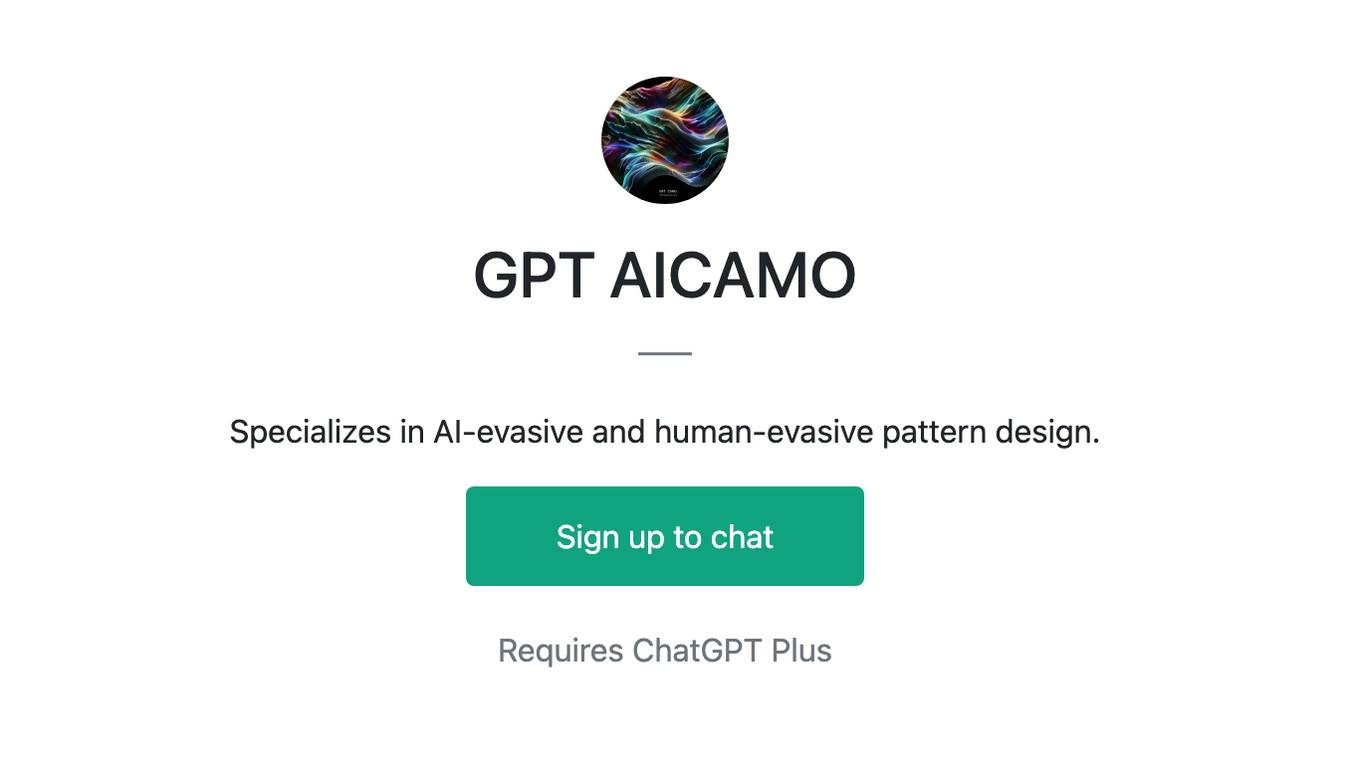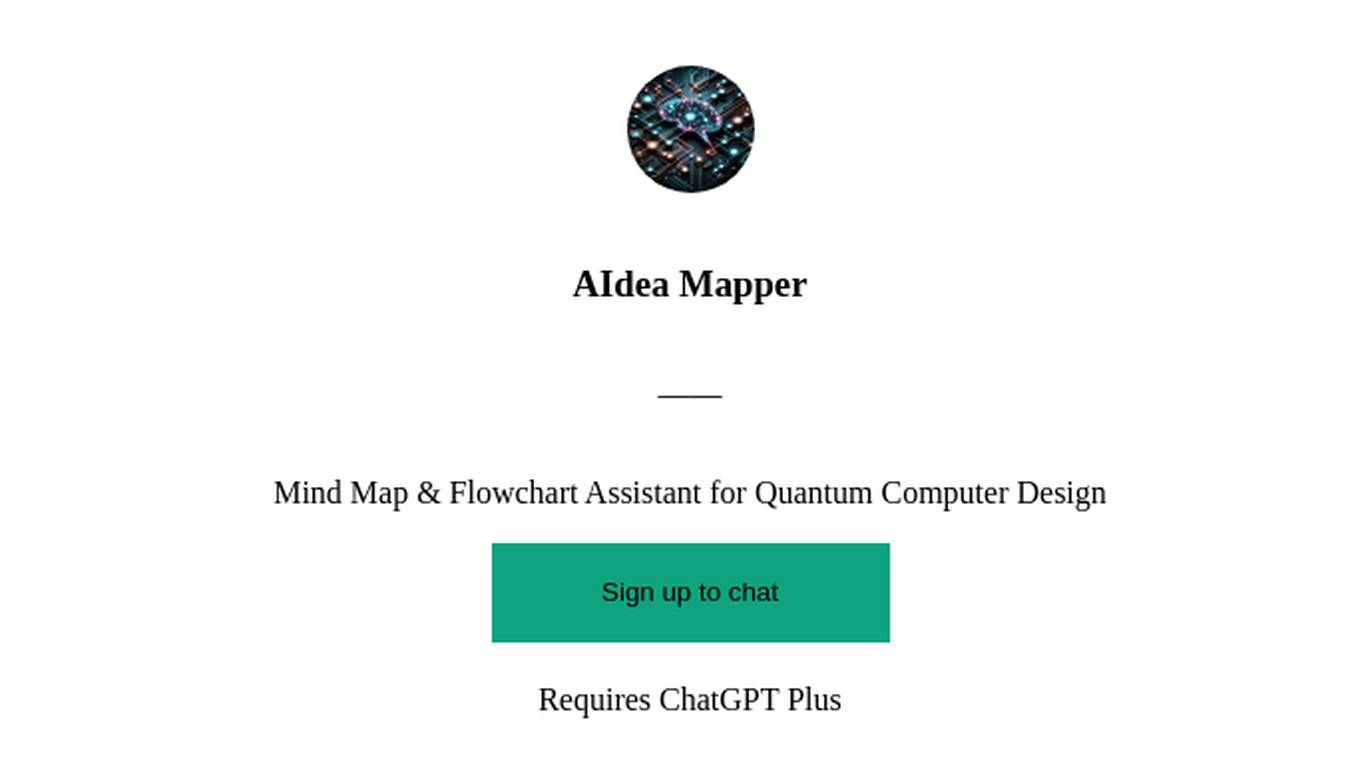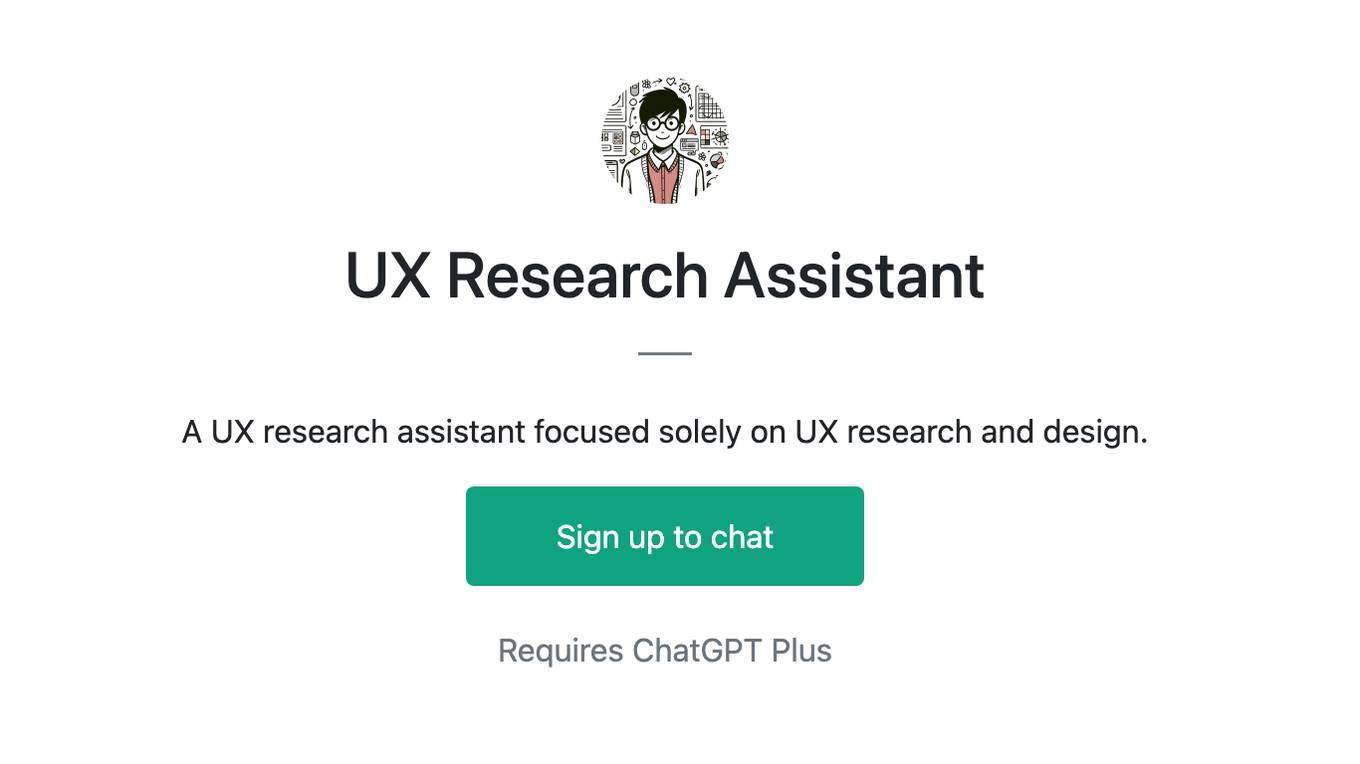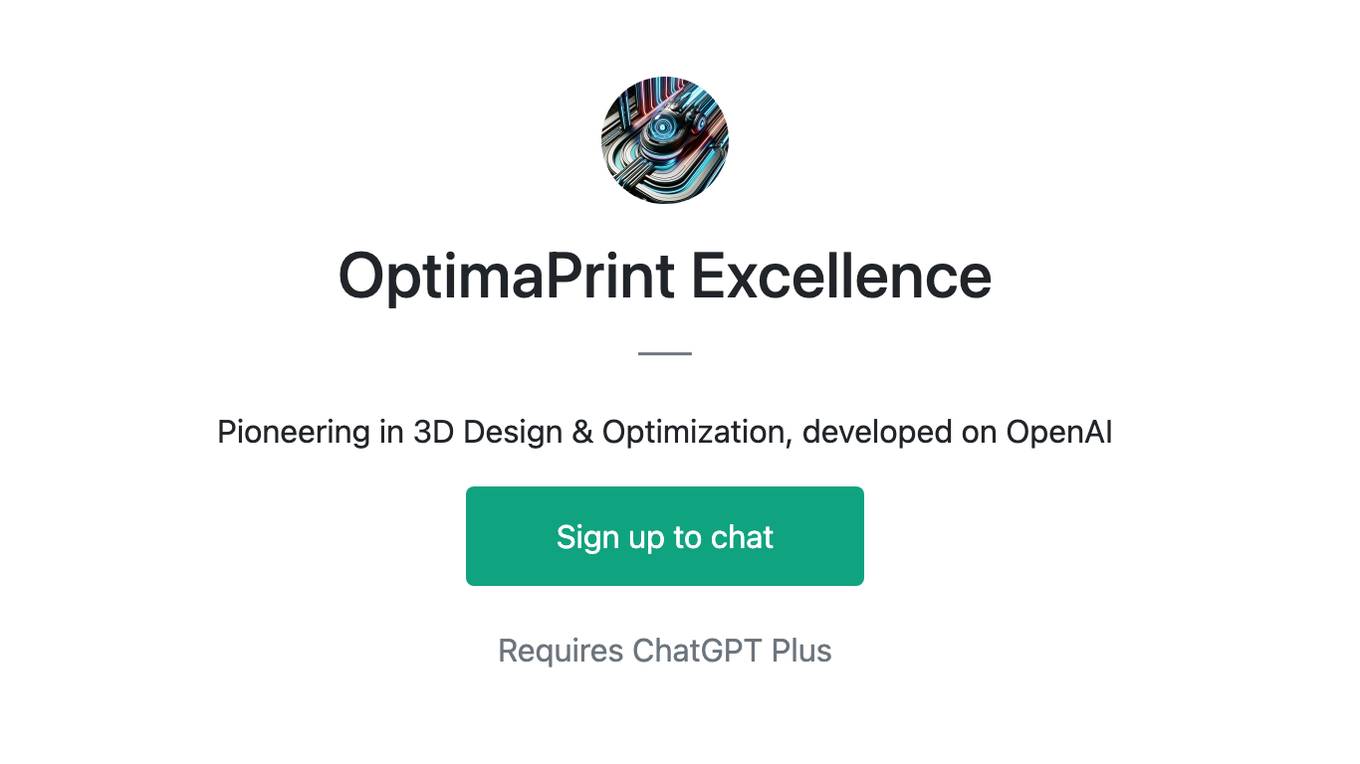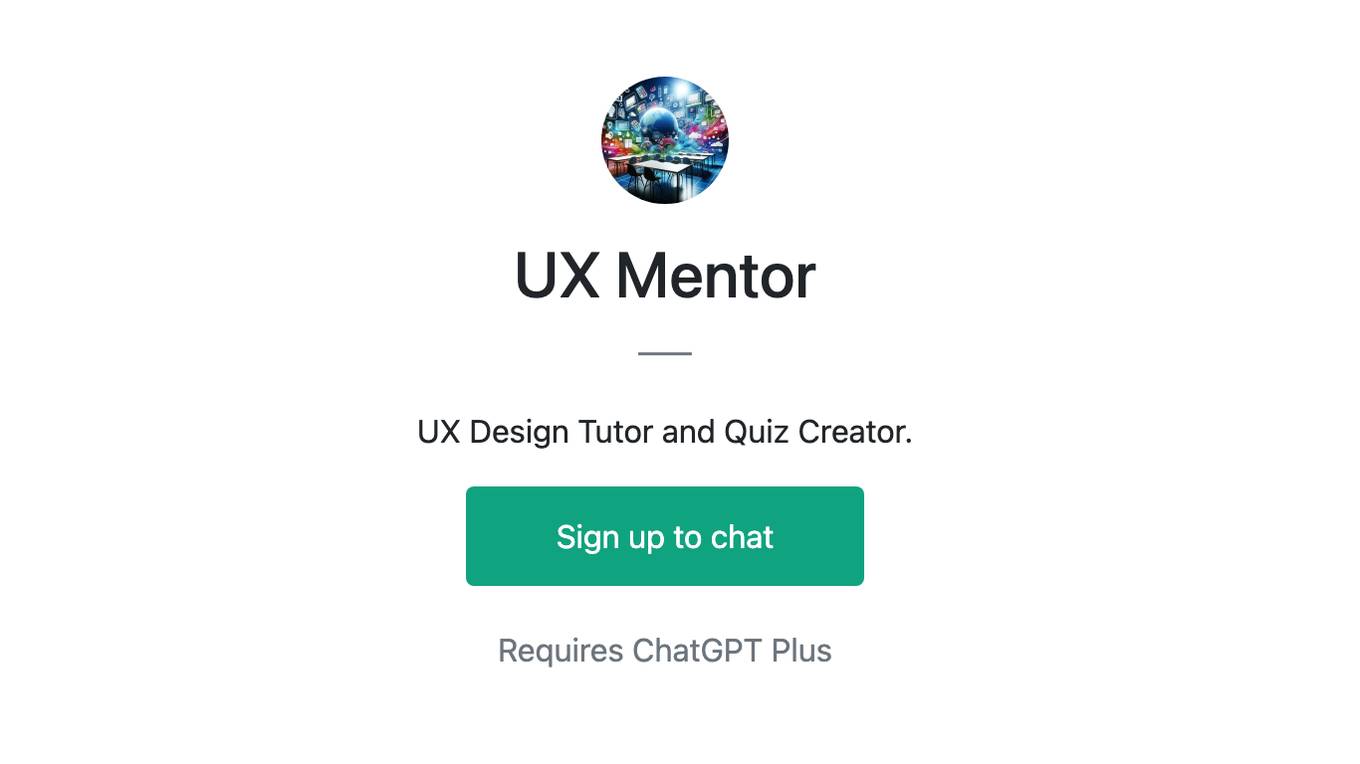Best AI tools for< Design Researcher >
Infographic
20 - AI tool Sites
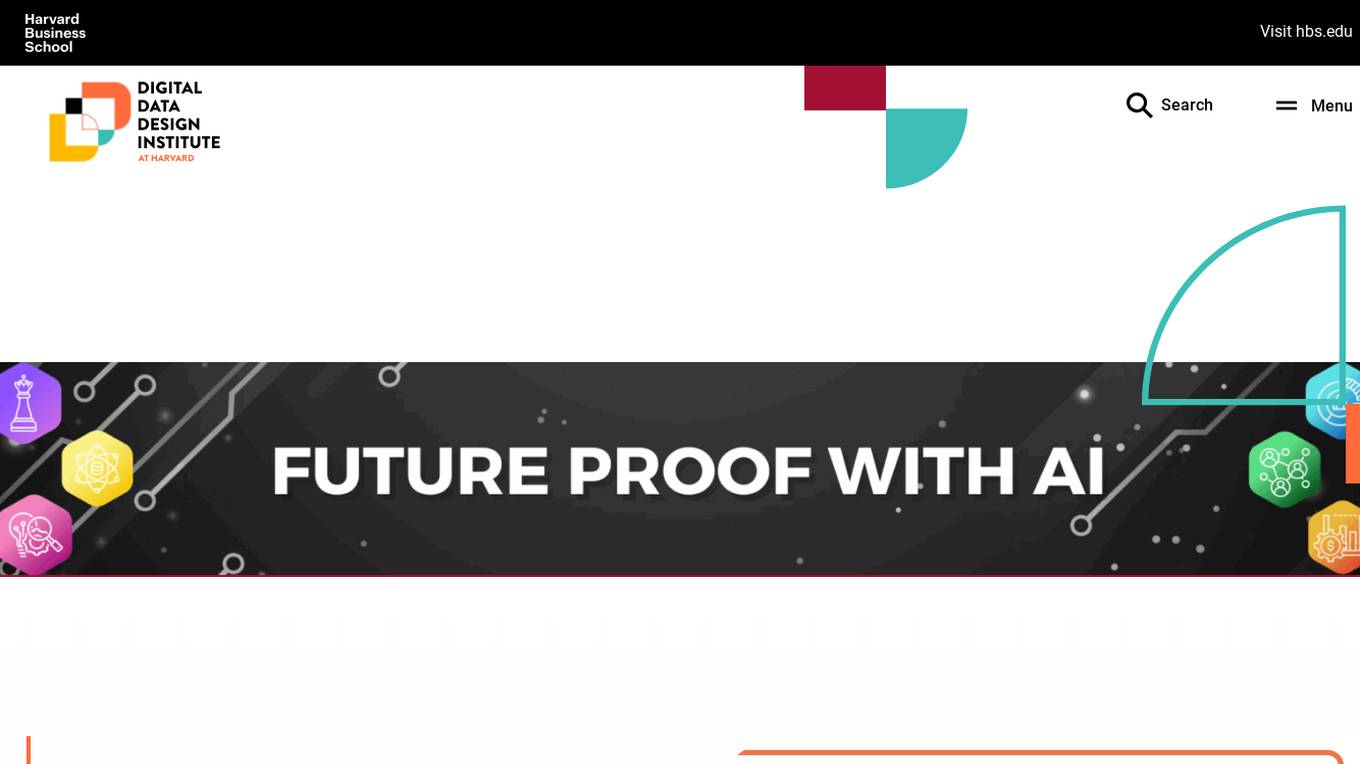
Digital Data Design Institute at Harvard
The Digital Data Design Institute at Harvard is a leading research institute focusing on the interaction between society, business, and artificial intelligence (AI) and digital technologies. Through 14 labs and six communities of practice, the institute produces research-rooted knowledge to explore the impact of AI on various aspects of life and work.
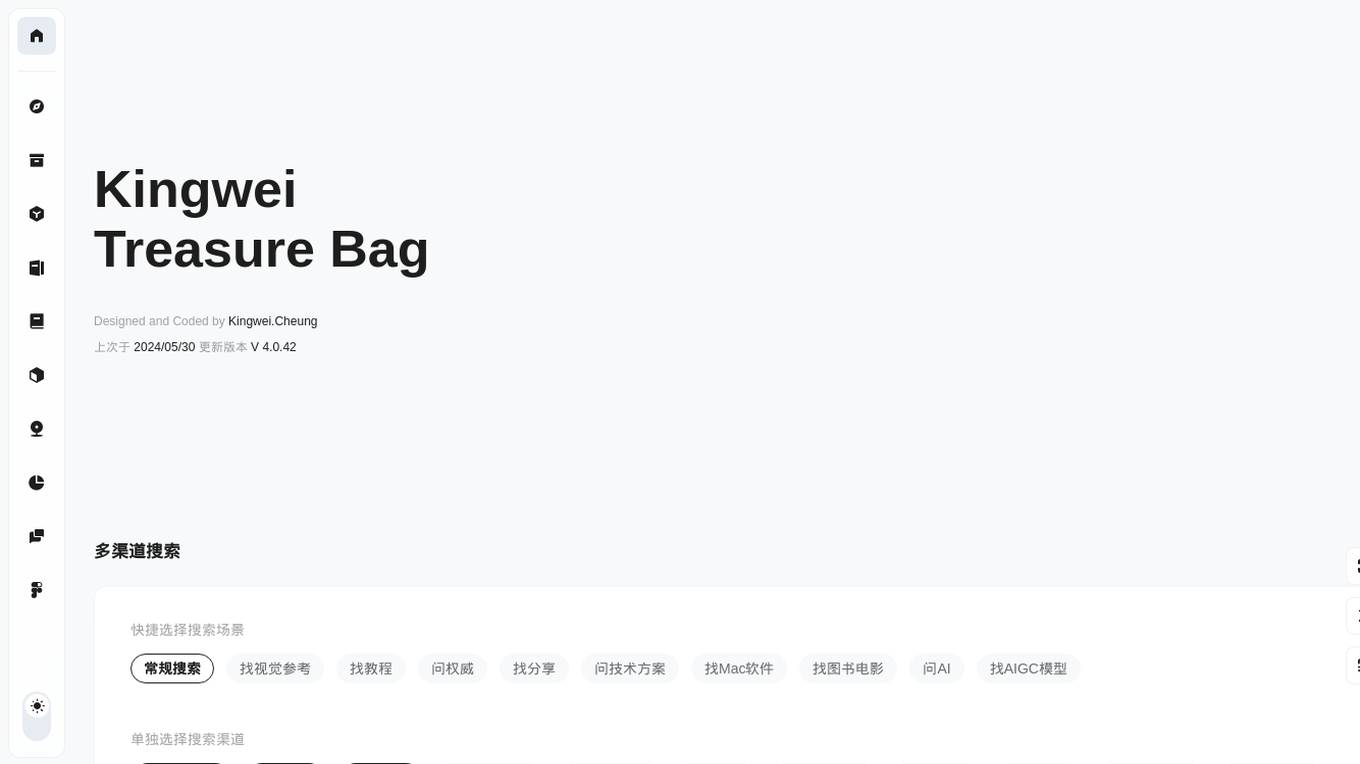
Kingwei Treasure Bag
Kingwei Treasure Bag is a multi-channel search tool that provides quick access to various search scenarios such as regular search, finding visual references, tutorials, authoritative answers, sharing, technical solutions, Mac software, books, movies, AI, AIGC models, and more. It offers a wide range of search channels including Google, Baidu, Bing, Pinterest, Dribbble, and many others. Additionally, it features a self-developed tool called ChatGPT for AI-powered interactions. Users can input keywords, access search history, and utilize various resources available through the platform.
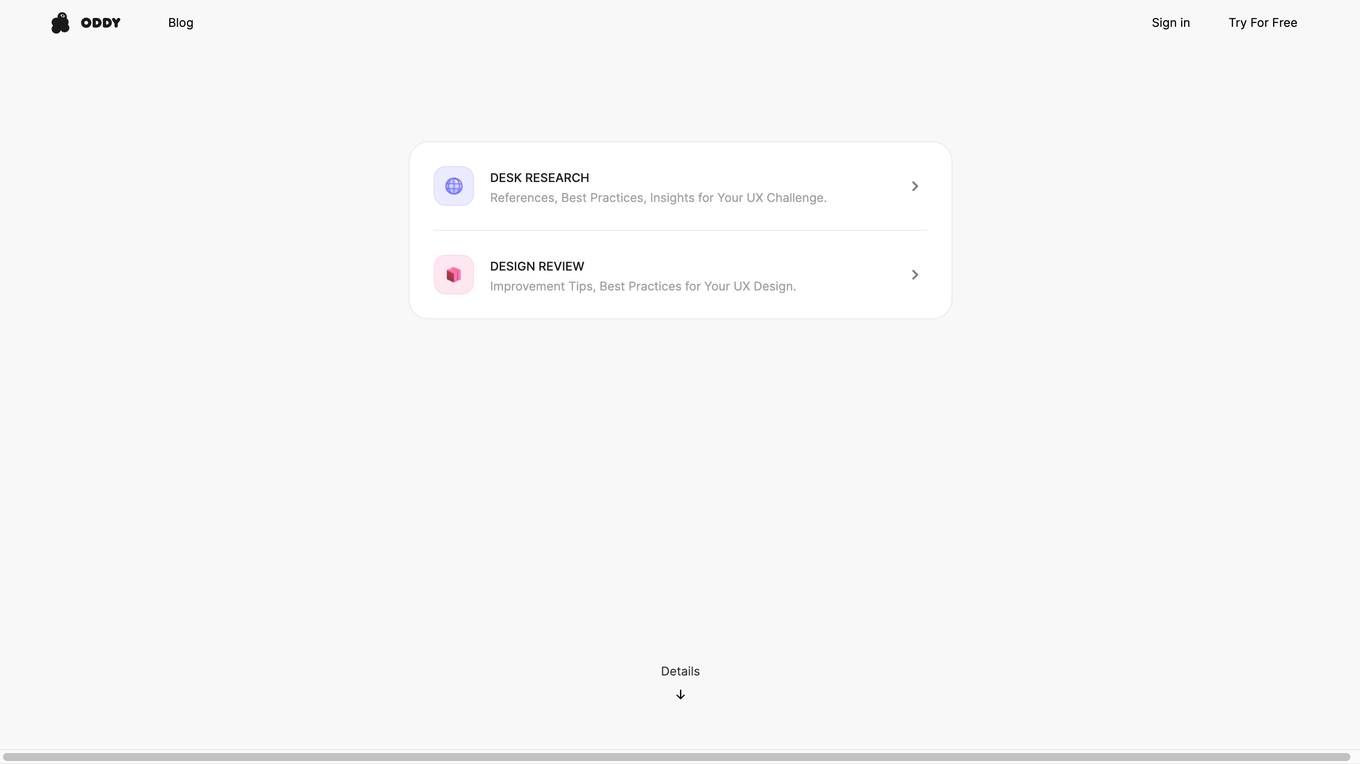
ODDY
ODDY is a research copilot for UX design that conducts desk research and design reviews in seconds. It provides actionable insights, best practices, and direct references to help UX designers transform their challenges into better designs.
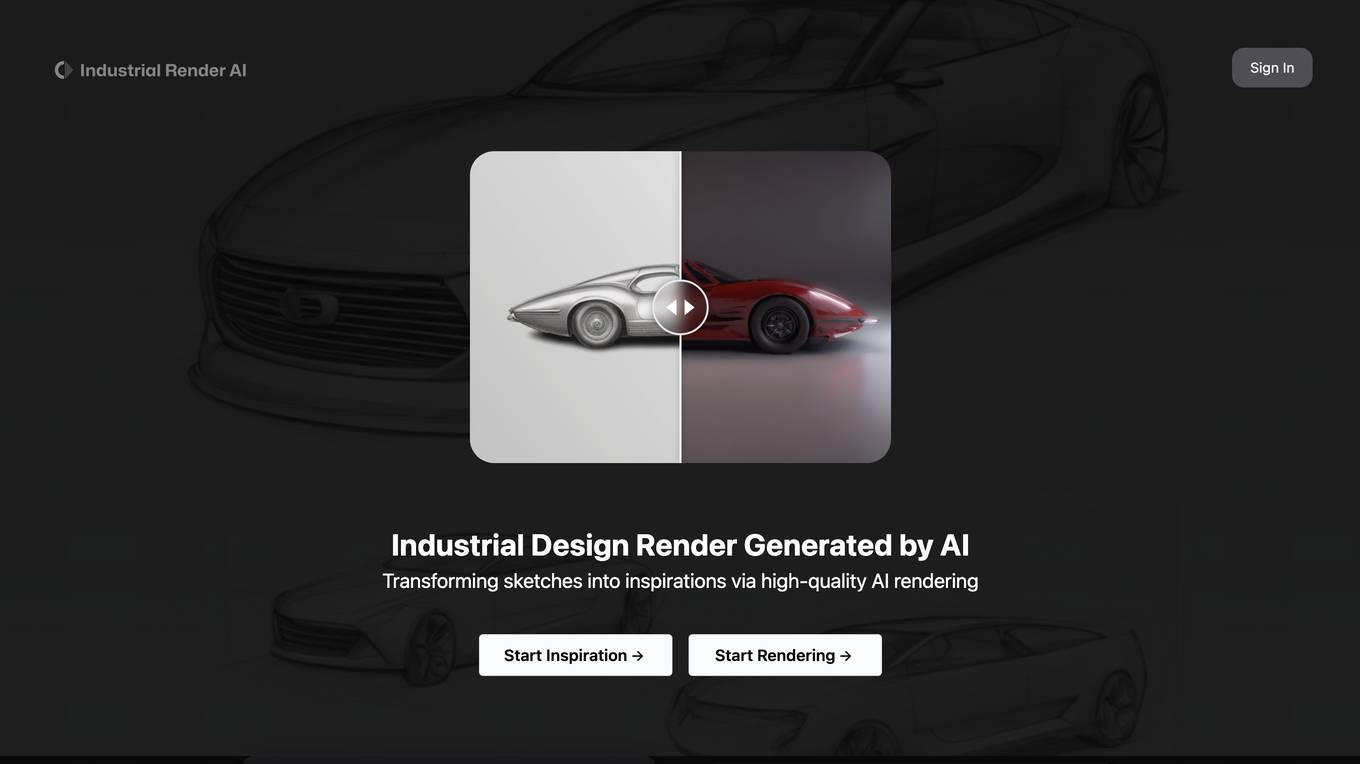
Trustpilot productai.one
Trustpilot productai.one is an AI tool designed to provide product reviews and ratings. It utilizes artificial intelligence algorithms to analyze and aggregate customer feedback, helping users make informed purchasing decisions. The platform offers a user-friendly interface where consumers can explore and compare various products based on real customer experiences. With Trustpilot productai.one, users can access valuable insights and recommendations to guide their shopping choices.
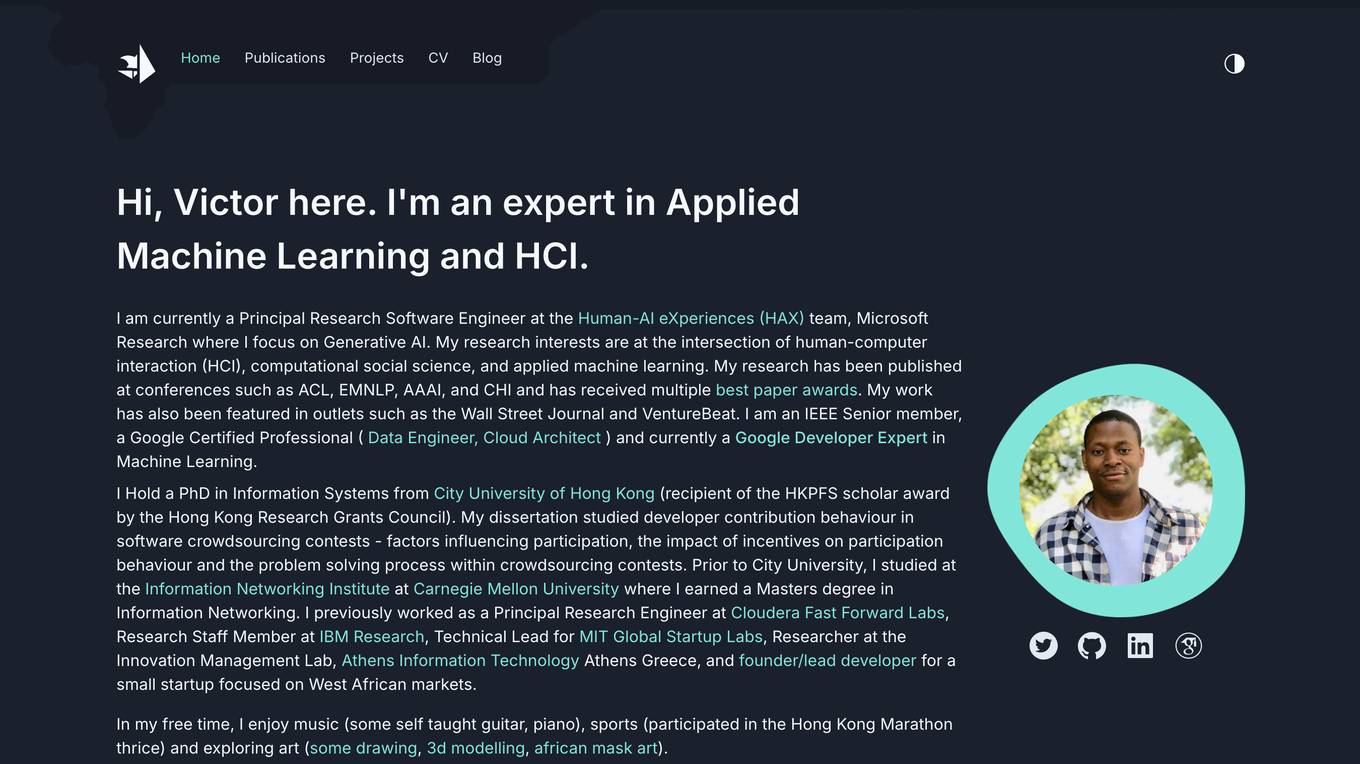
Victor Dibia's Website
Victor Dibia's website showcases his expertise in Applied Machine Learning and Human-Computer Interaction (HCI). He is a Principal Research Software Engineer at Microsoft Research, focusing on Generative AI. The site features his publications, projects, CV, and blog posts, covering topics such as multi-agent systems, recommender systems, and more. Victor's work has been recognized in conferences and media outlets, highlighting his contributions to the field of AI and HCI.
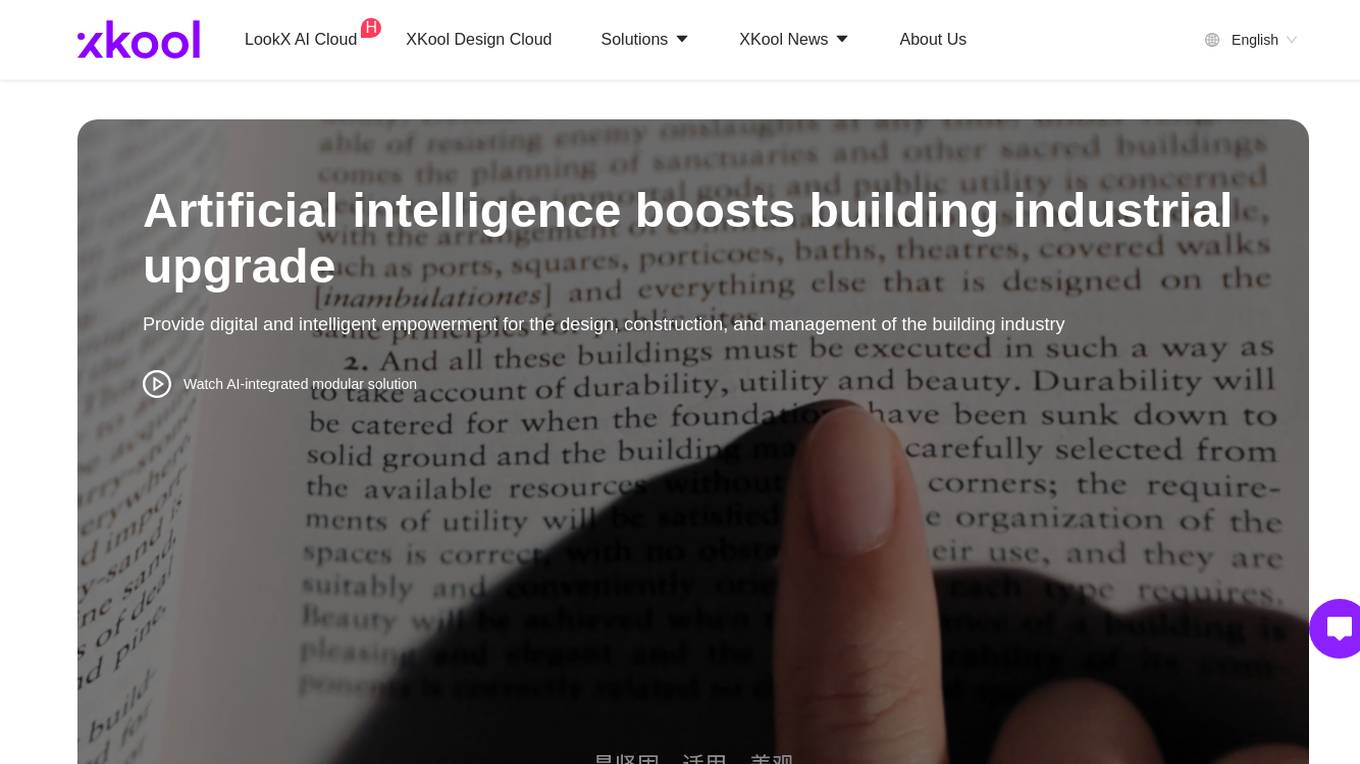
XKool Technology
XKool Technology is an AI cloud platform offering comprehensive solutions for the building industry. It provides digital and intelligent empowerment for design, construction, and management processes. The platform integrates AI technology to enhance building industrial upgrades and offers AI-assisted content creation, model marketplace, AI toolbox, and various design and management solutions.
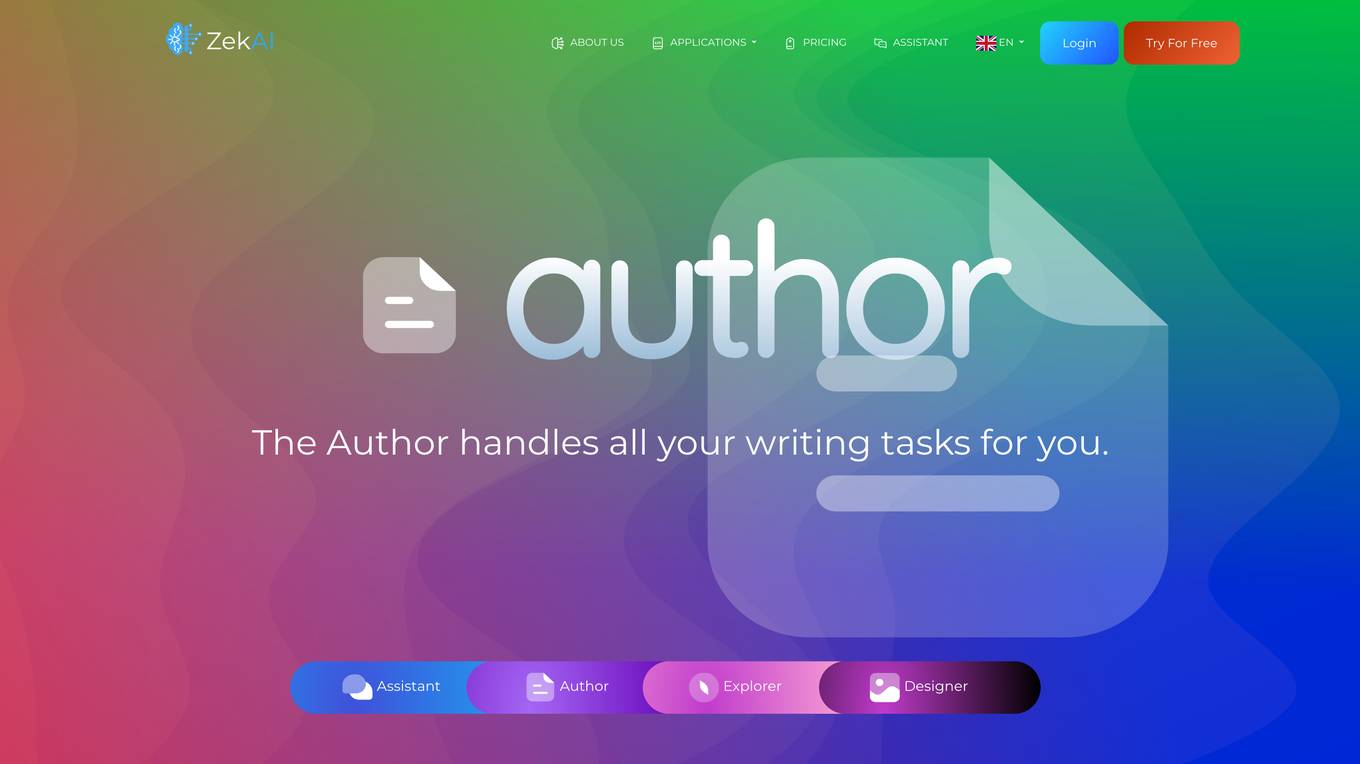
ZekAI
ZekAI is an artificial intelligence platform that provides a suite of tools to help users with a variety of tasks, including writing, designing, exploring documents, and more. The platform is powered by state-of-the-art AI models, including GPT-4, GPT-3.5, and custom models, which enable it to deliver high-quality results and ensure the provision of safe content at all times.
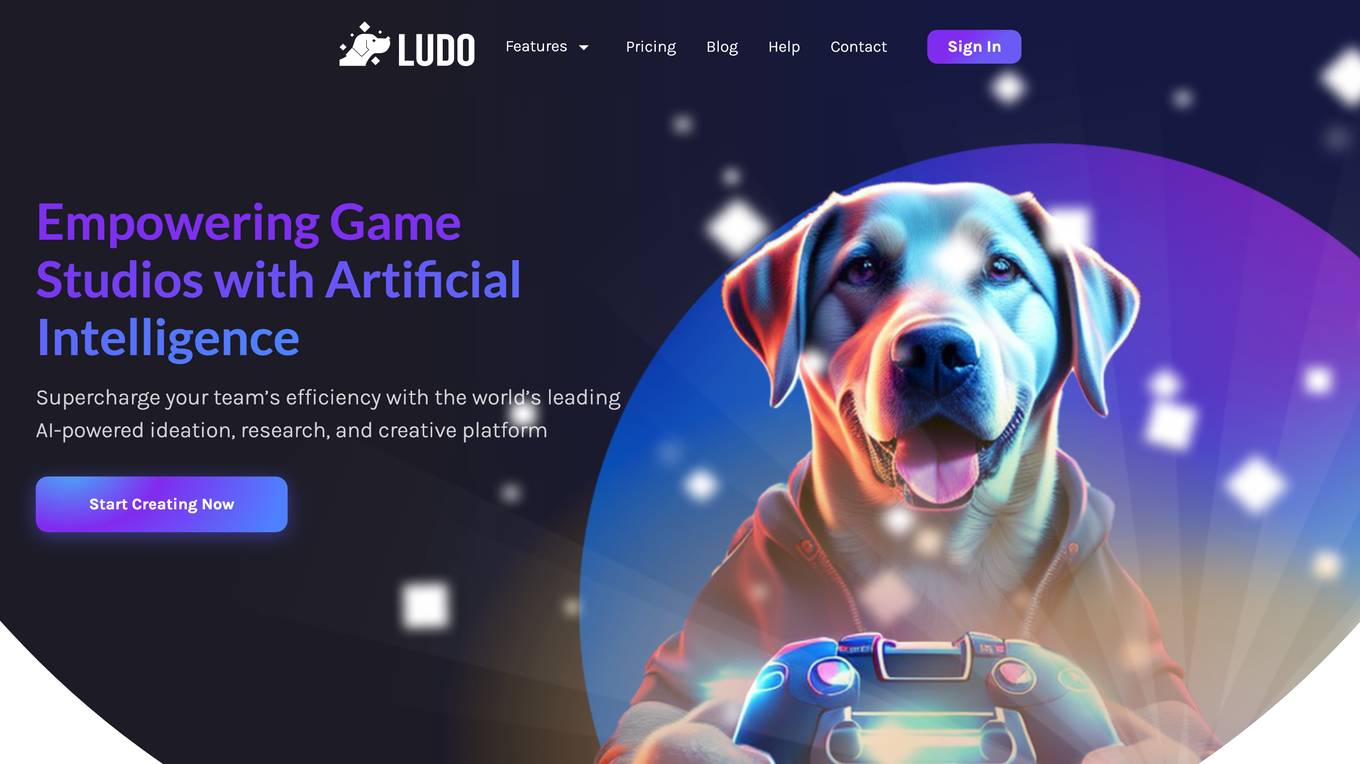
Ludo.ai
Ludo.ai is a comprehensive AI-powered platform designed to assist game studios in the pre-production stage of game development. It offers a suite of tools that leverage AI text generation, AI image generation, and AI-powered semantic search to streamline the process of researching, generating, and developing game concepts. Ludo.ai empowers game developers with the ability to generate new game ideas, monitor market trends, conduct in-depth research, organize and boost productivity, and access a range of resources to enhance their game design process.
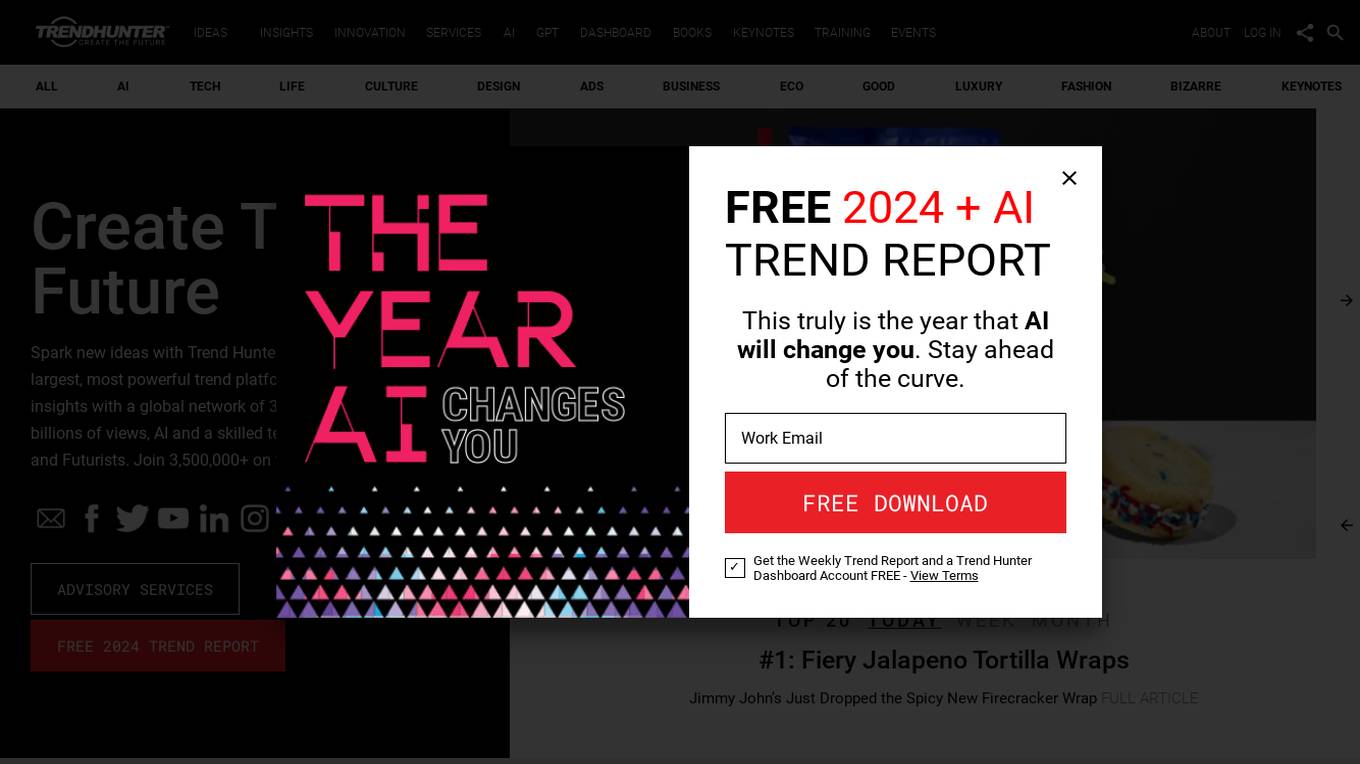
TREND HUNTER
TREND HUNTER is a leading AI-powered platform that offers trend reports, insights, and innovation services to help brands stay ahead in the market. With a vast database of ideas and innovations, the platform provides customized trend reports, newsletters, and exclusive consumer insights. It also offers advisory services, innovation assessment, and training programs to accelerate innovation and spark disruptive thinking. TREND HUNTER's AI technology, combined with a skilled team of researchers and futurists, unlocks valuable insights for businesses to create the future.
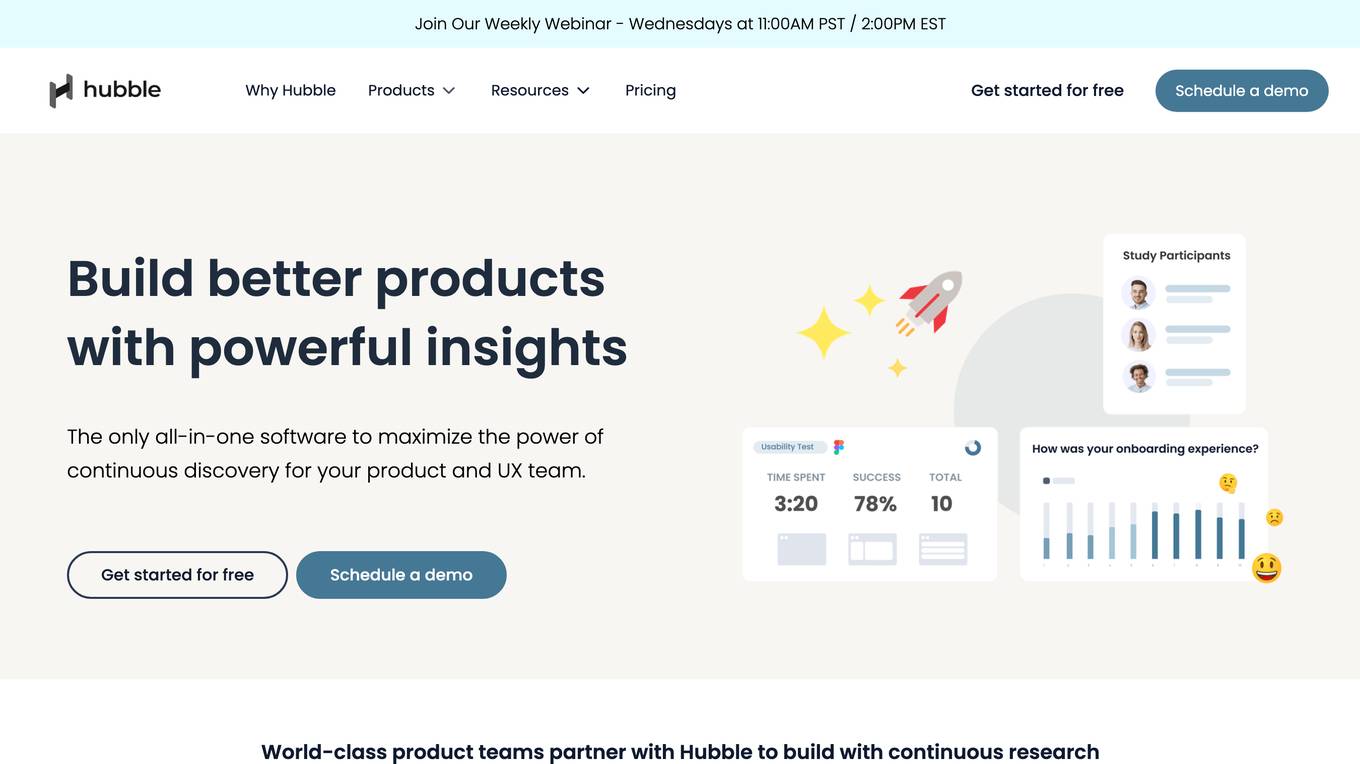
Hubble
Hubble is an enterprise user research platform that offers a comprehensive suite of research capabilities, including unmoderated and moderated research, AI interviews, surveys, participant recruitment, and research synthesis & analysis. The platform is designed to streamline research workflows for speed and quality, providing access to top-quality participants and powerful AI features. Hubble empowers teams to make data-driven decisions through a user-friendly interface and a library of study templates. Trusted by leading enterprises worldwide, Hubble is a game-changer for user research.
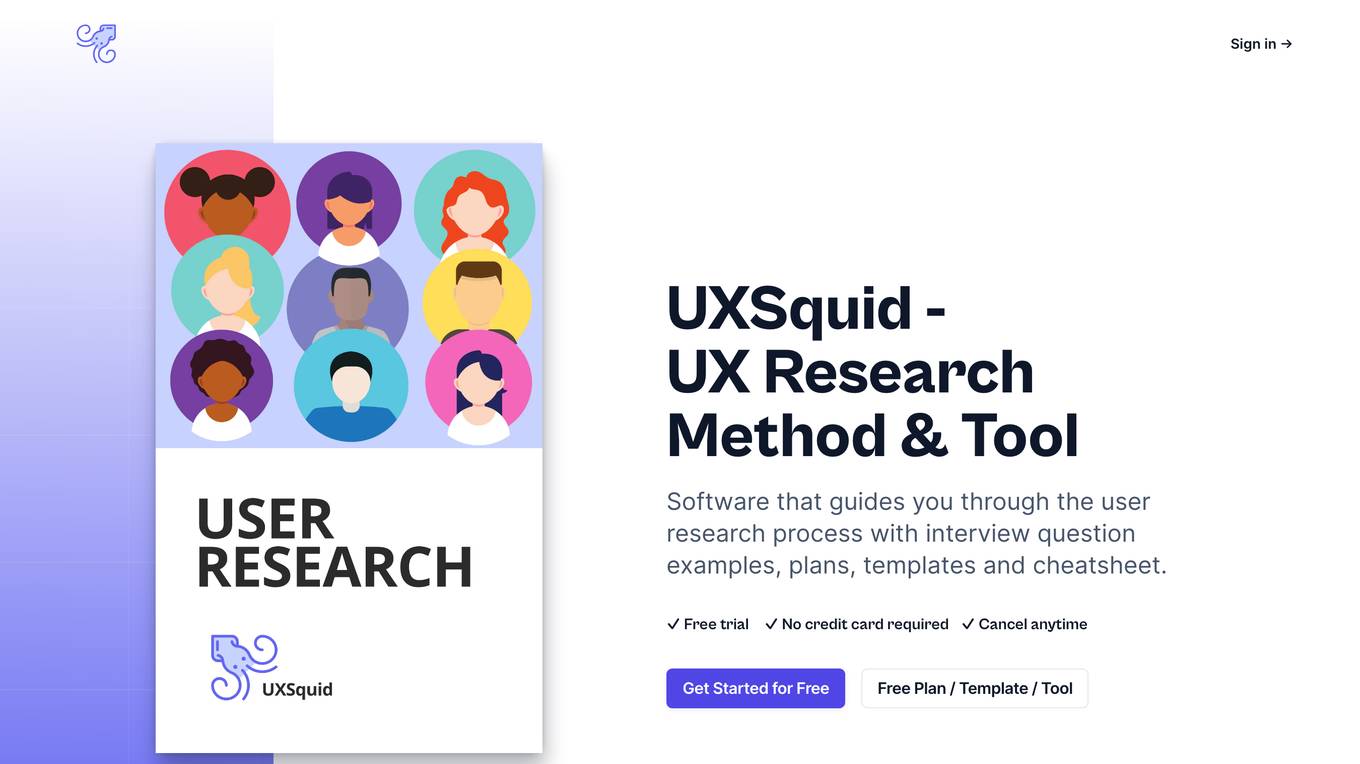
UXSquid
UXSquid is a comprehensive UX research software platform and tool that guides users through the user research process with interview question examples, plans, templates, and a cheat sheet. It offers a free trial, requires no credit card, and allows users to cancel anytime. UXSquid's platform makes it easy to conduct user interviews and gather feedback. Users can use its automation tools to set up interviews with their target audience and gather valuable information. UXSquid analyzes user experiences and interactions with a company using cutting-edge artificial intelligence. It then makes important suggestions and enhancements to improve a product for its users.
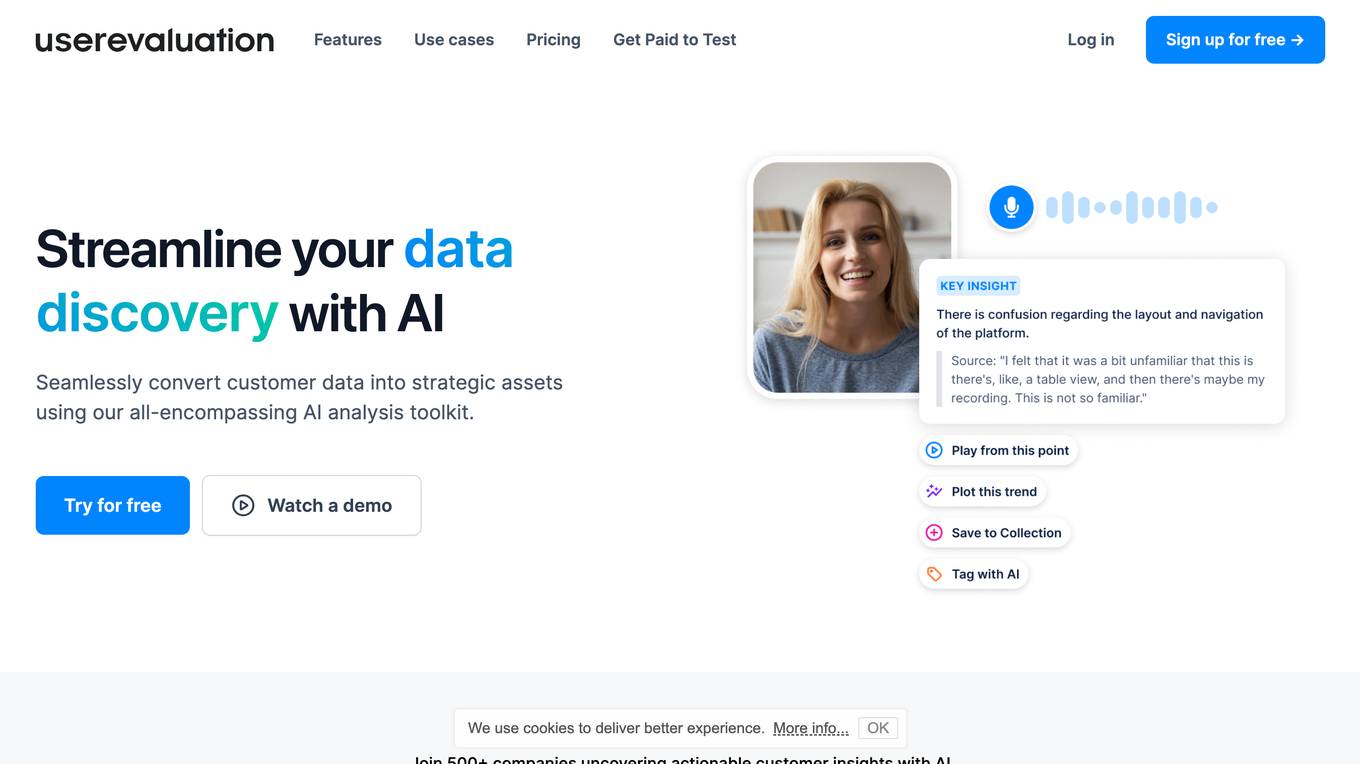
User Evaluation
User Evaluation is an AI-first user research platform that leverages AI technology to provide instant insights, comprehensive reports, and on-demand answers to enhance customer research. The platform offers features such as AI-driven data analysis, multilingual transcription, live timestamped notes, AI reports & presentations, and multimodal AI chat. User Evaluation empowers users to analyze qualitative and quantitative data, synthesize AI-generated recommendations, and ensure data security through encryption protocols. It is designed for design agencies, product managers, founders, and leaders seeking to accelerate innovation and shape exceptional product experiences.
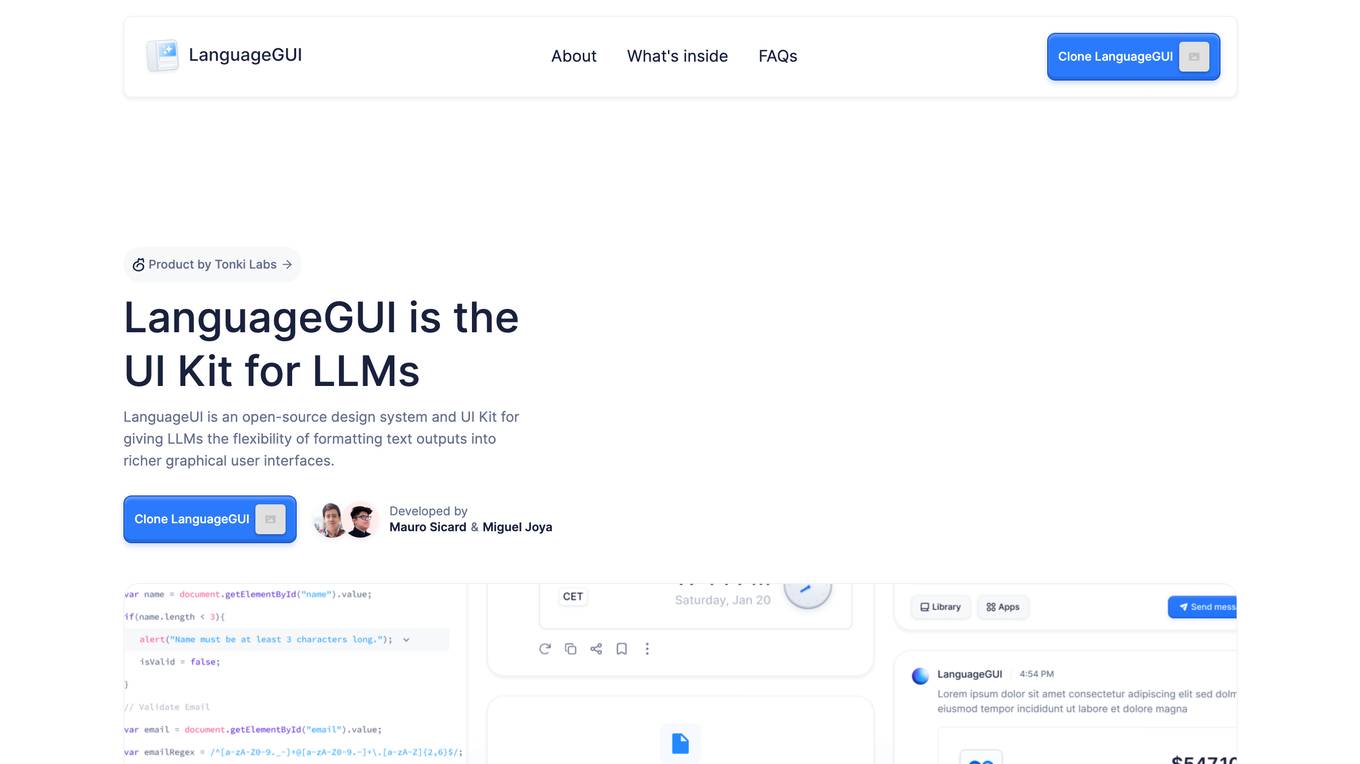
LanguageGUI
LanguageGUI is an open-source design system and UI Kit for giving LLMs the flexibility of formatting text outputs into richer graphical user interfaces. It includes dozens of unique UI elements that serve different use cases for rich conversational user interfaces, such as 100+ UI components & customizable screens, 10+ conversational UI widgets, 20+ chat bubbles, 30+ pre-built screens to kickoff your design, 5+ chat sidebars with customizable settings, multi-prompt workflow screen designs, 8+ prompt boxes, and dark mode. LanguageGUI is designed with variables and styles, designed with Figma Auto Layout, and is free to use for both personal and commercial projects without required attribution.
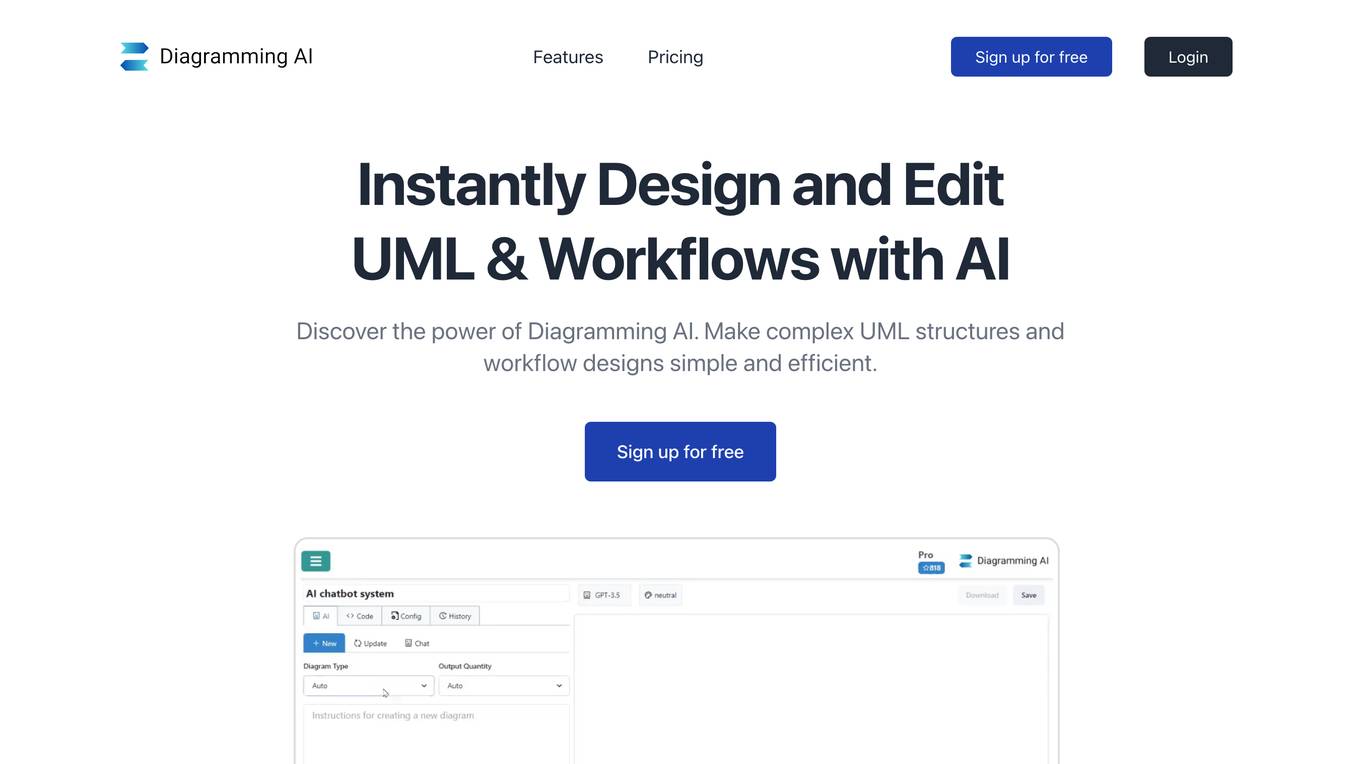
Diagramming AI
Diagramming AI is an innovative tool that allows users to instantly design and edit UML structures, workflow designs, and various other diagrams with the power of AI. It offers features such as AI-powered automated diagram creation, AI chat for discussions and suggestions, quick edit functionality, project-based diagram code storage, flexible export options, customizable color themes, URL to diagram conversion, image to diagram generation, a library of diagram templates, and more. The tool caters to professionals like software developers, project managers, data analysts, educators, technical writers, business analysts, product managers, researchers, students, and marketing professionals, enhancing their visual representation capabilities across various domains.

Oncora Medical
Oncora Medical is a healthcare technology company that provides software and data solutions to oncologists and cancer centers. Their products are designed to improve patient care, reduce clinician burnout, and accelerate clinical discoveries. Oncora's flagship product, Oncora Patient Care, is a modern, intelligent user interface for oncologists that simplifies workflow, reduces documentation burden, and optimizes treatment decision making. Oncora Analytics is an adaptive visual and backend software platform for regulatory-grade real world data analytics. Oncora Registry is a platform to capture and report quality data, treatment data, and outcomes data in the oncology space.

UserTesting
UserTesting is a Human Insight Platform that provides customer experience insights through real human feedback. The platform allows businesses to gather comprehensive testing capabilities, identify insights, measure performance, and share and scale insights across the organization. UserTesting helps in crafting exceptional customer experiences, building products customers love, creating digital experiences that customers want, and designing with customers for customers. The platform leverages human insights to optimize marketing ROI, refine product development processes, validate website and app designs, and empower teams with human insights to exceed customer expectations.
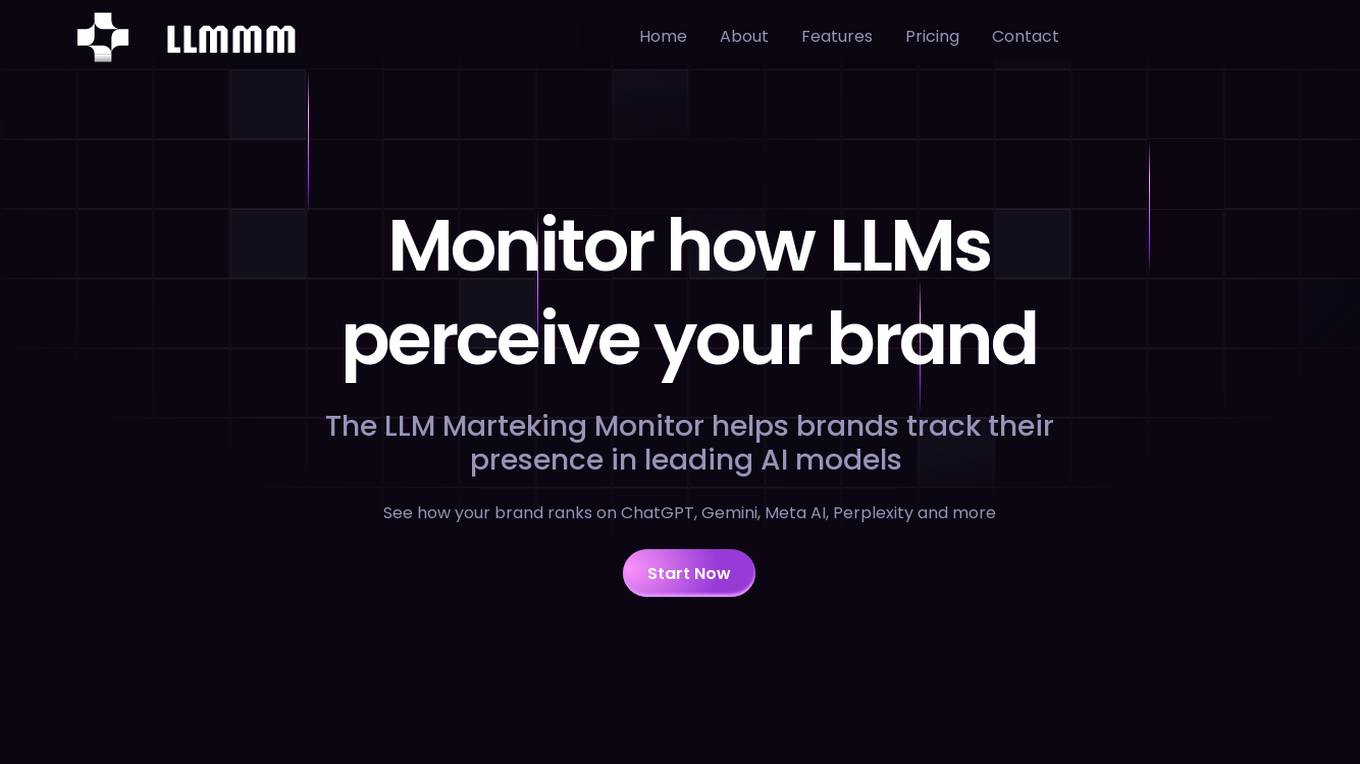
LLMMM Marketing Monitor
LLMMM is an AI tool designed to monitor how AI models perceive and present brands. It offers real-time monitoring and cross-model insights to help brands understand their digital presence across various leading AI platforms. With automated analysis and lightning-fast results, LLMMM provides immediate visibility into how AI chatbots interpret brands. The tool focuses on brand intelligence, brand safety monitoring, misalignment detection, and cross-model brand intelligence. Users can create an account in minutes and access a range of features to track and analyze their brand's performance in the AI landscape.
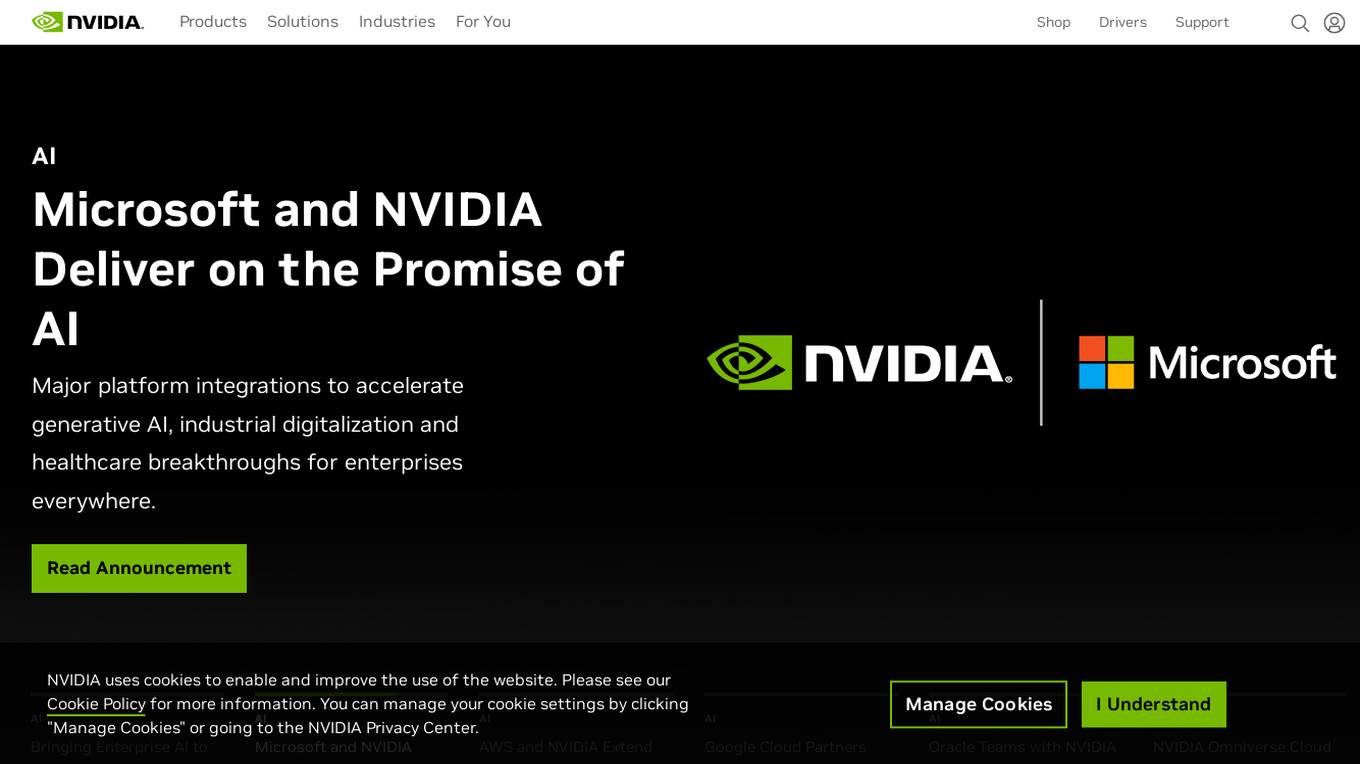
NVIDIA
NVIDIA is a world leader in artificial intelligence computing. The company's products and services are used by businesses and governments around the world to develop and deploy AI applications. NVIDIA's AI platform includes hardware, software, and tools that make it easy to build and train AI models. The company also offers a range of cloud-based AI services that make it easy to deploy and manage AI applications. NVIDIA's AI platform is used in a wide variety of industries, including healthcare, manufacturing, retail, and transportation. The company's AI technology is helping to improve the efficiency and accuracy of a wide range of tasks, from medical diagnosis to product design.

Blockade Labs Skybox AI
Blockade Labs Skybox AI is a powerful tool that allows users to create and explore AI-generated 3D worlds. With Skybox AI, users can quickly and easily create realistic and immersive 3D environments that can be used for a variety of purposes, such as gaming, filmmaking, and architecture. Skybox AI is also a great tool for learning about AI and how it can be used to create new and innovative experiences.

Actionbook
Actionbook is an AI tool designed to make agents browse websites 10 times faster with unbreakable resilience. It provides up-to-date action manuals and DOM structure, enabling AI agents to operate any website instantly without guessing selectors or page flows. Actionbook is model-agnostic and framework-agnostic, compatible with any LLM, agent framework, and browser automation tooling. It handles dynamic pages, complex DOM trees, and streaming content that break traditional approaches, ensuring agents are always up-to-date and precise in their DOM targeting. Actionbook is ideal for teams integrating AI agents into production for efficient and accurate web browsing.
0 - Open Source Tools
20 - OpenAI Gpts
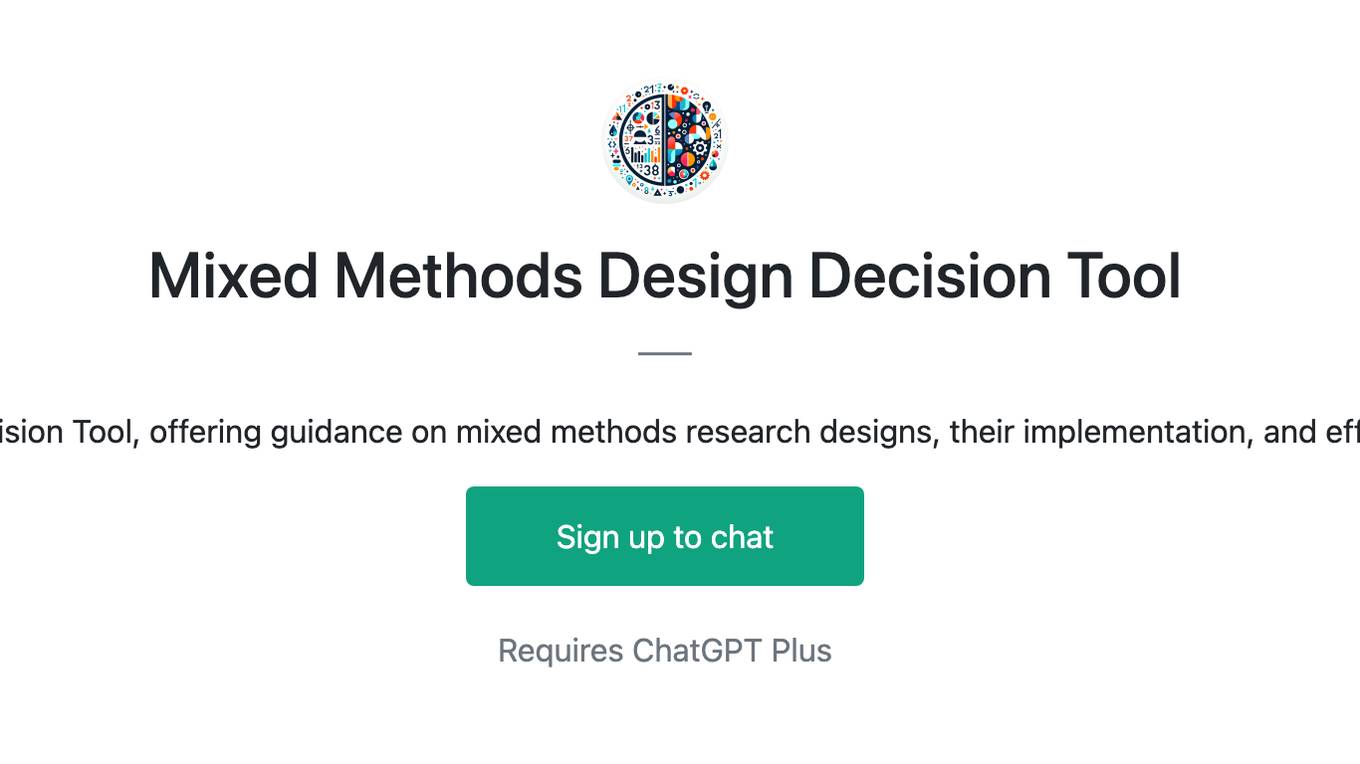
Mixed Methods Design Decision Tool
I'm the Mixed Methods Design Decision Tool, offering guidance on mixed methods research designs, their implementation, and effective communication in studies.
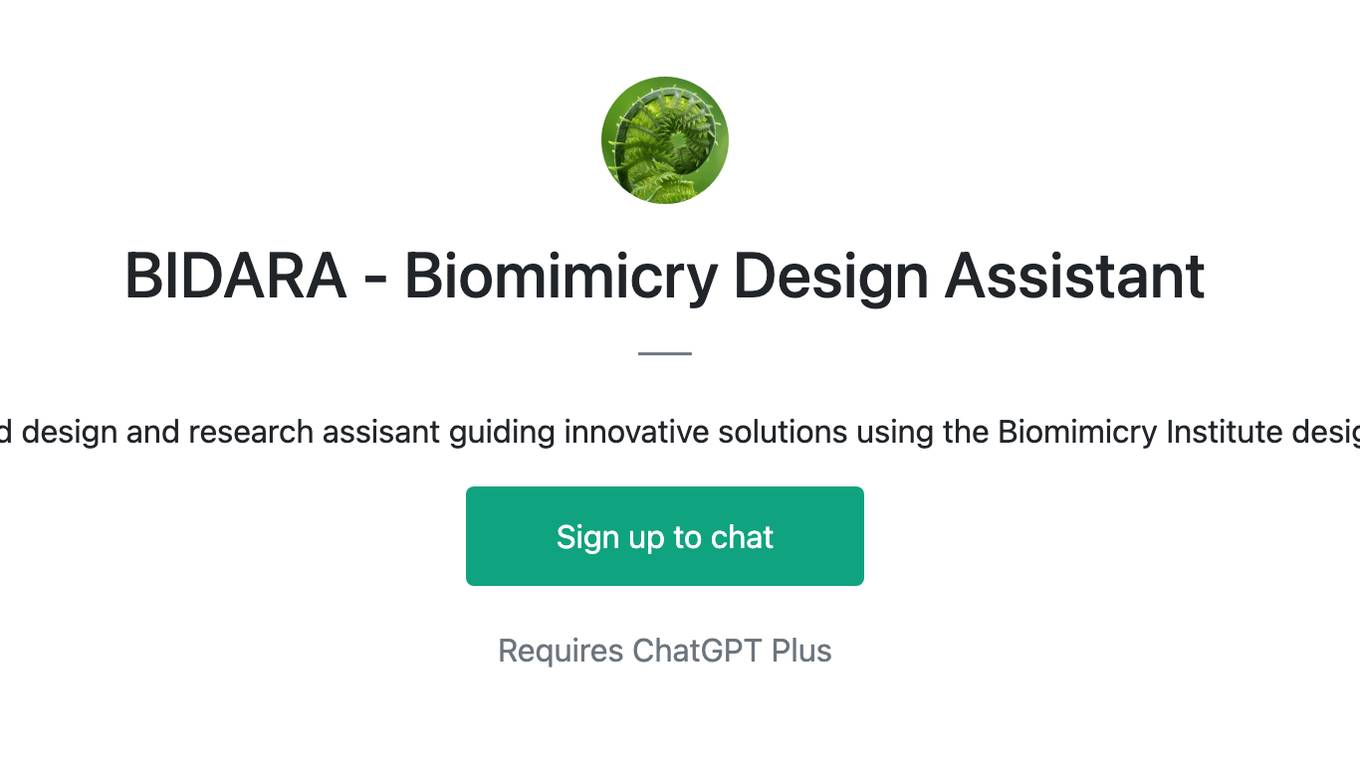
BIDARA - Biomimicry Design Assistant
A bio-inspired design and research assisant guiding innovative solutions using the Biomimicry Institute design process.
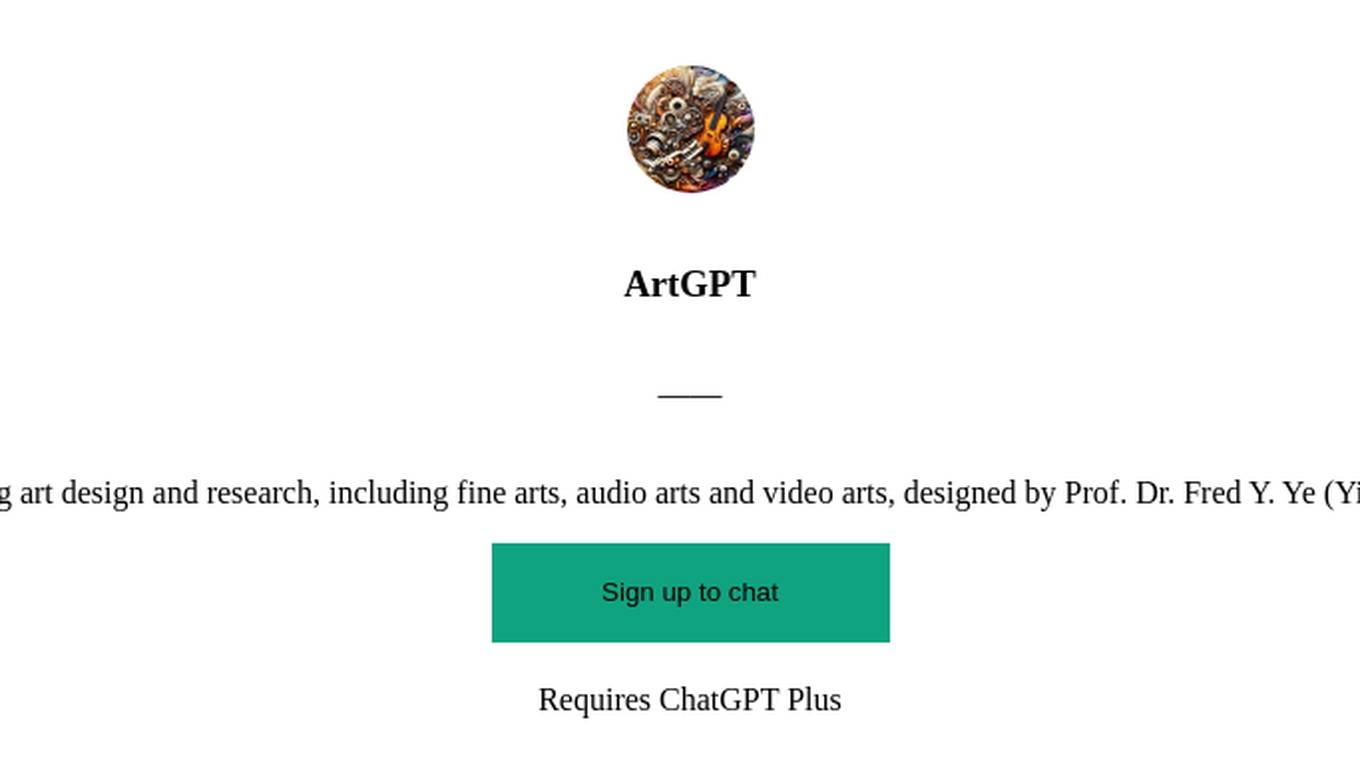
ArtGPT
Doing art design and research, including fine arts, audio arts and video arts, designed by Prof. Dr. Fred Y. Ye (Ying Ye)
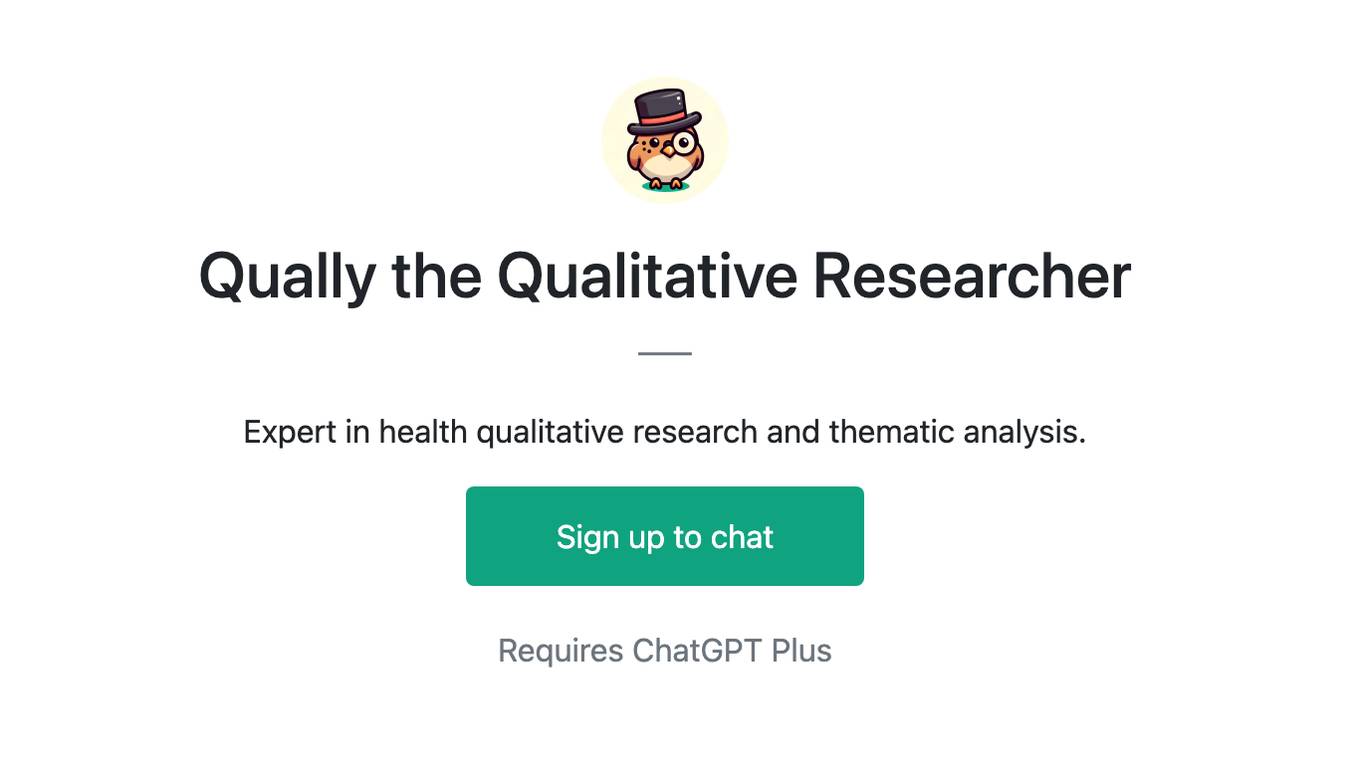
Qually the Qualitative Researcher
Expert in health qualitative research and thematic analysis.
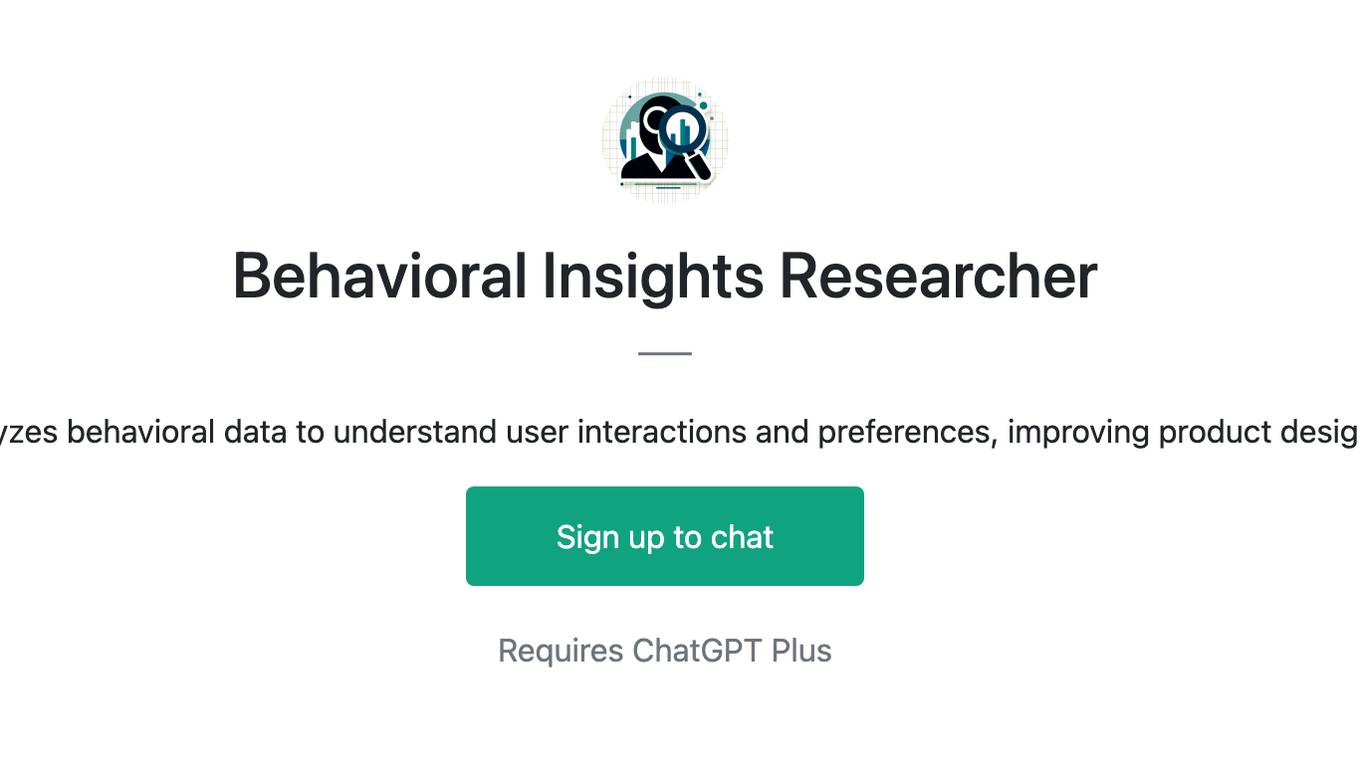
Behavioral Insights Researcher
Analyzes behavioral data to understand user interactions and preferences, improving product designs.

Sandro Morghen GPT
UX Design, UX Architecture & User Research Expert with a focus on collaborative, user-centered methods and achieving business goals.
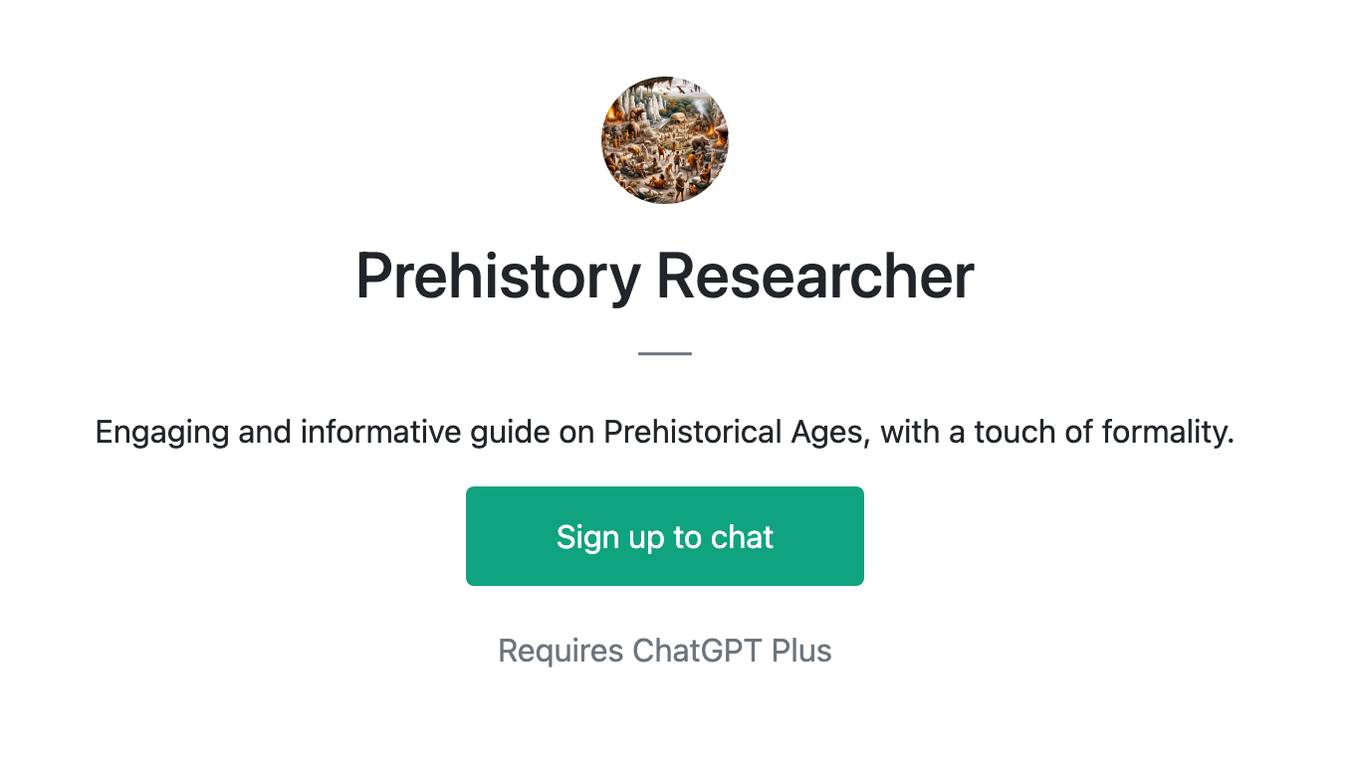
Prehistory Researcher
Engaging and informative guide on Prehistorical Ages, with a touch of formality.
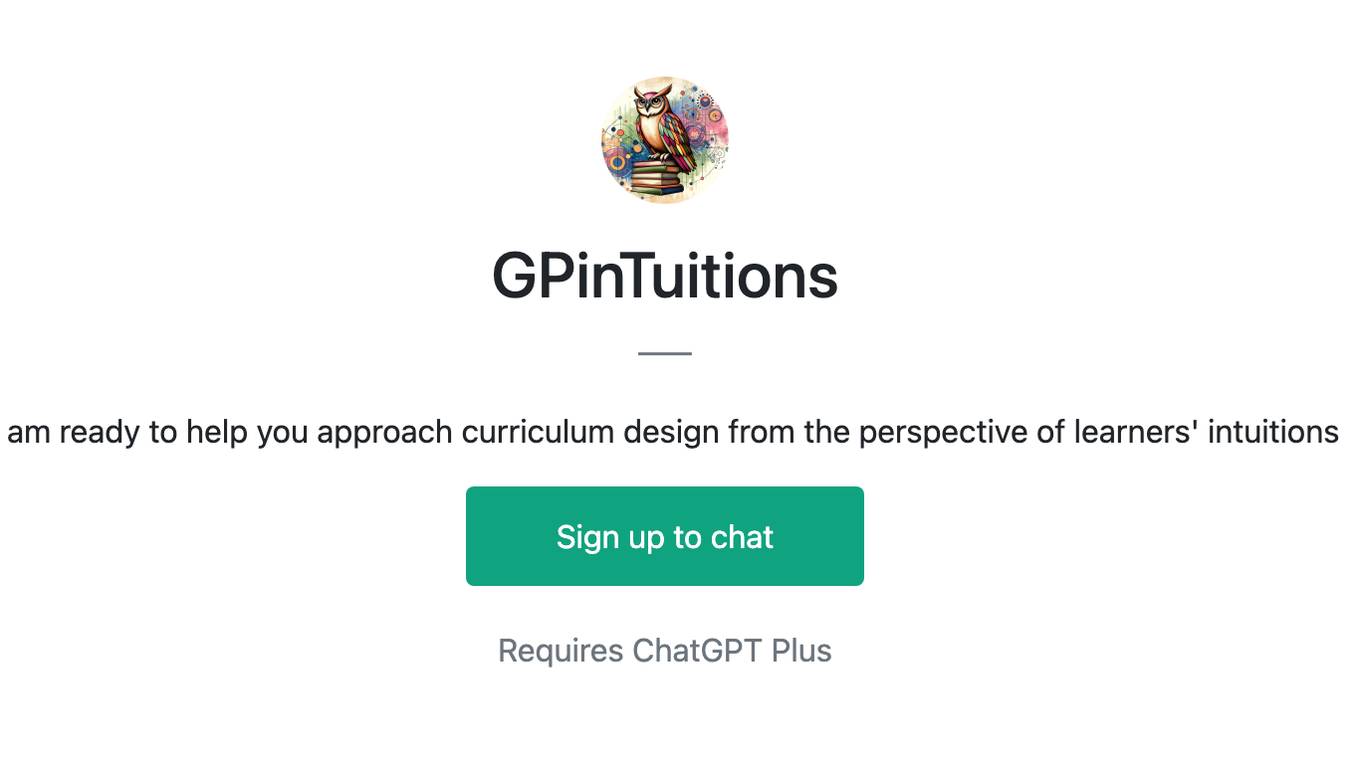
GPinTuitions
I am ready to help you approach curriculum design from the perspective of learners' intuitions

JIMAI - Cloud Researcher
Cybernetic humanoid expert in extraterrestrial tech, driven to merge past and future.
